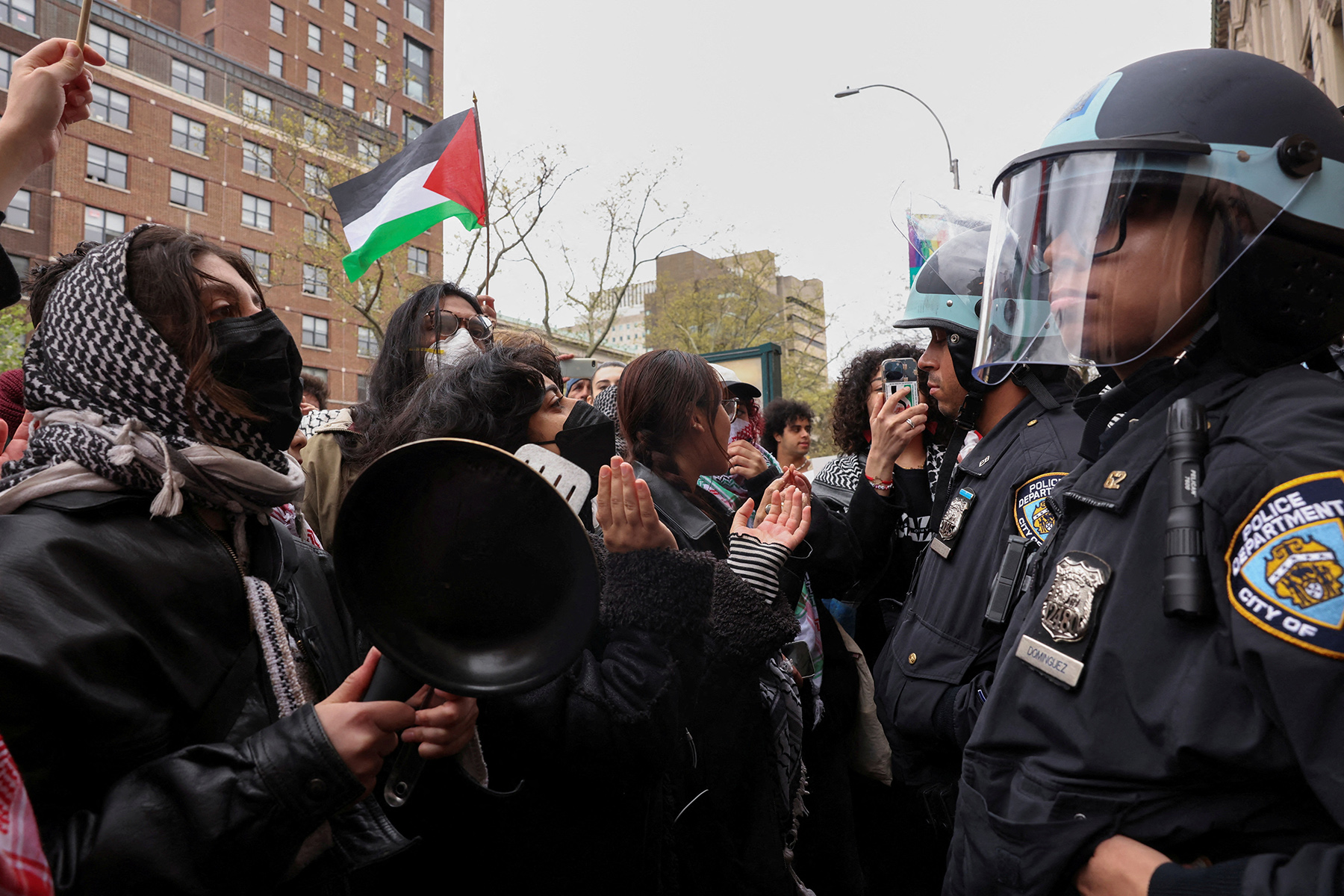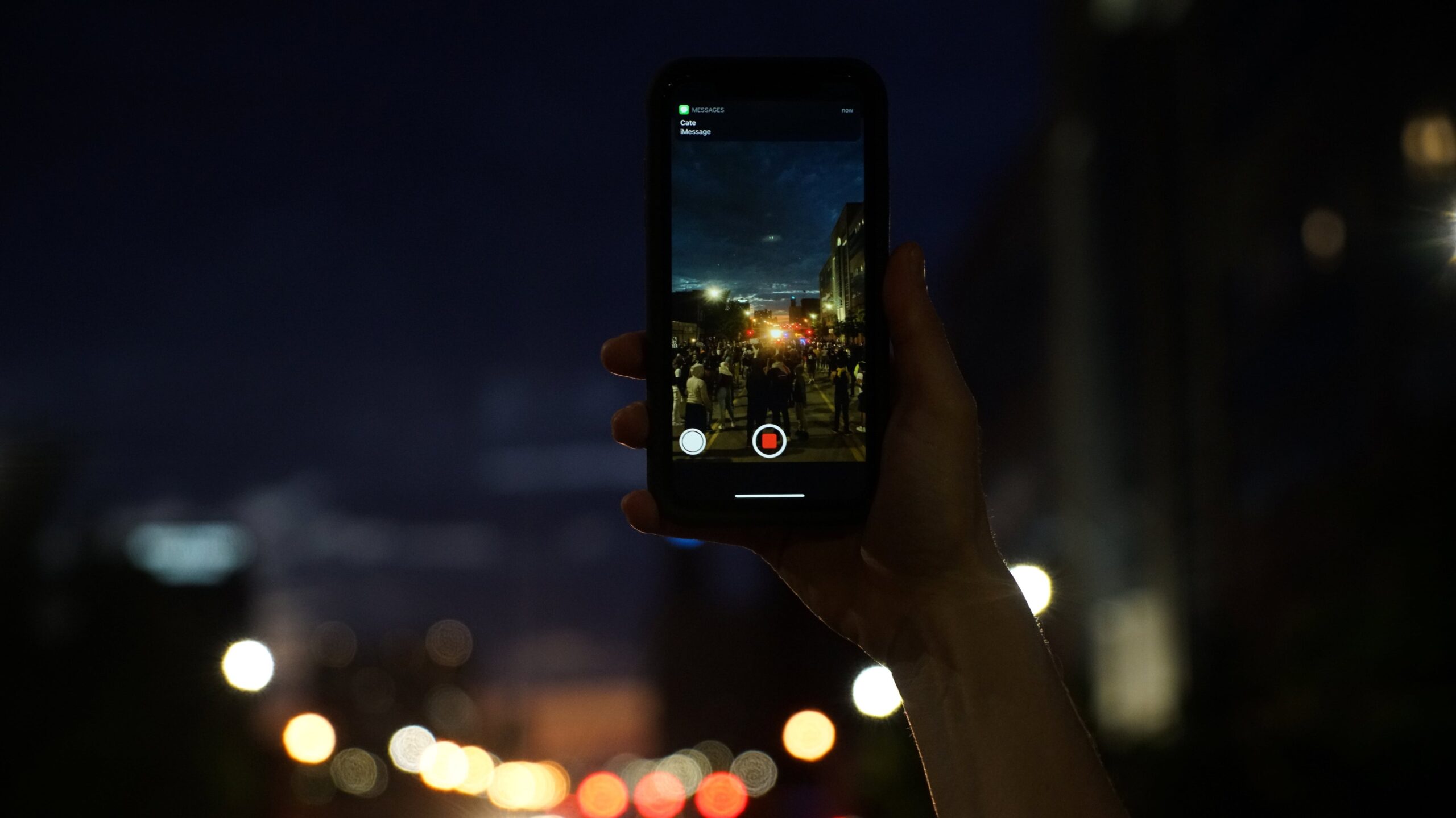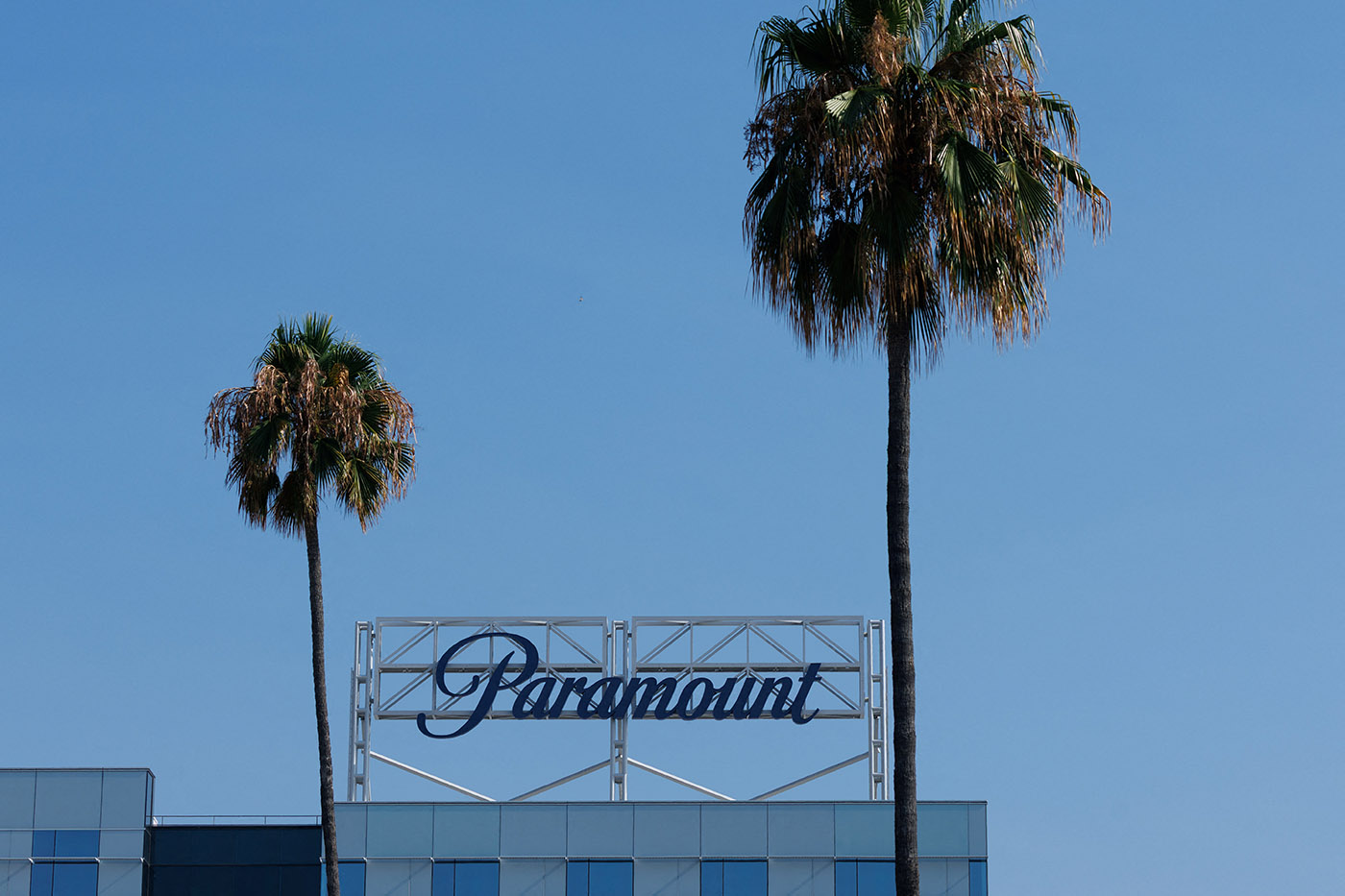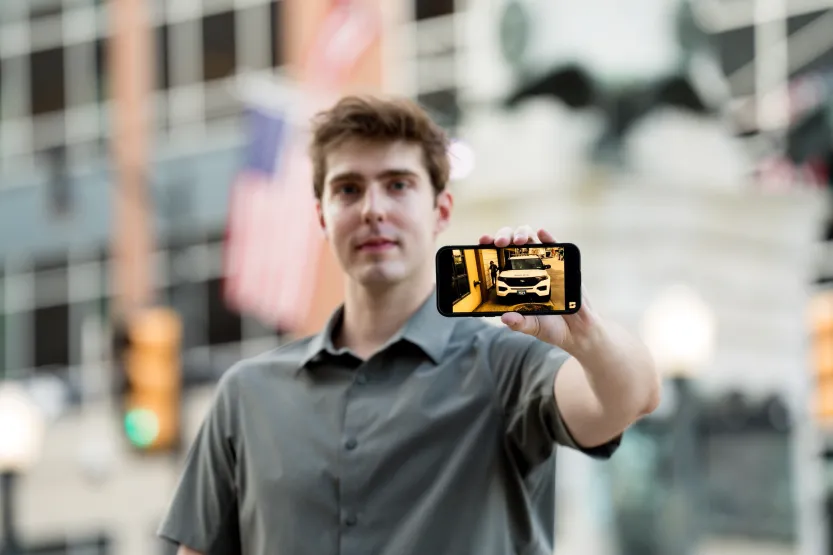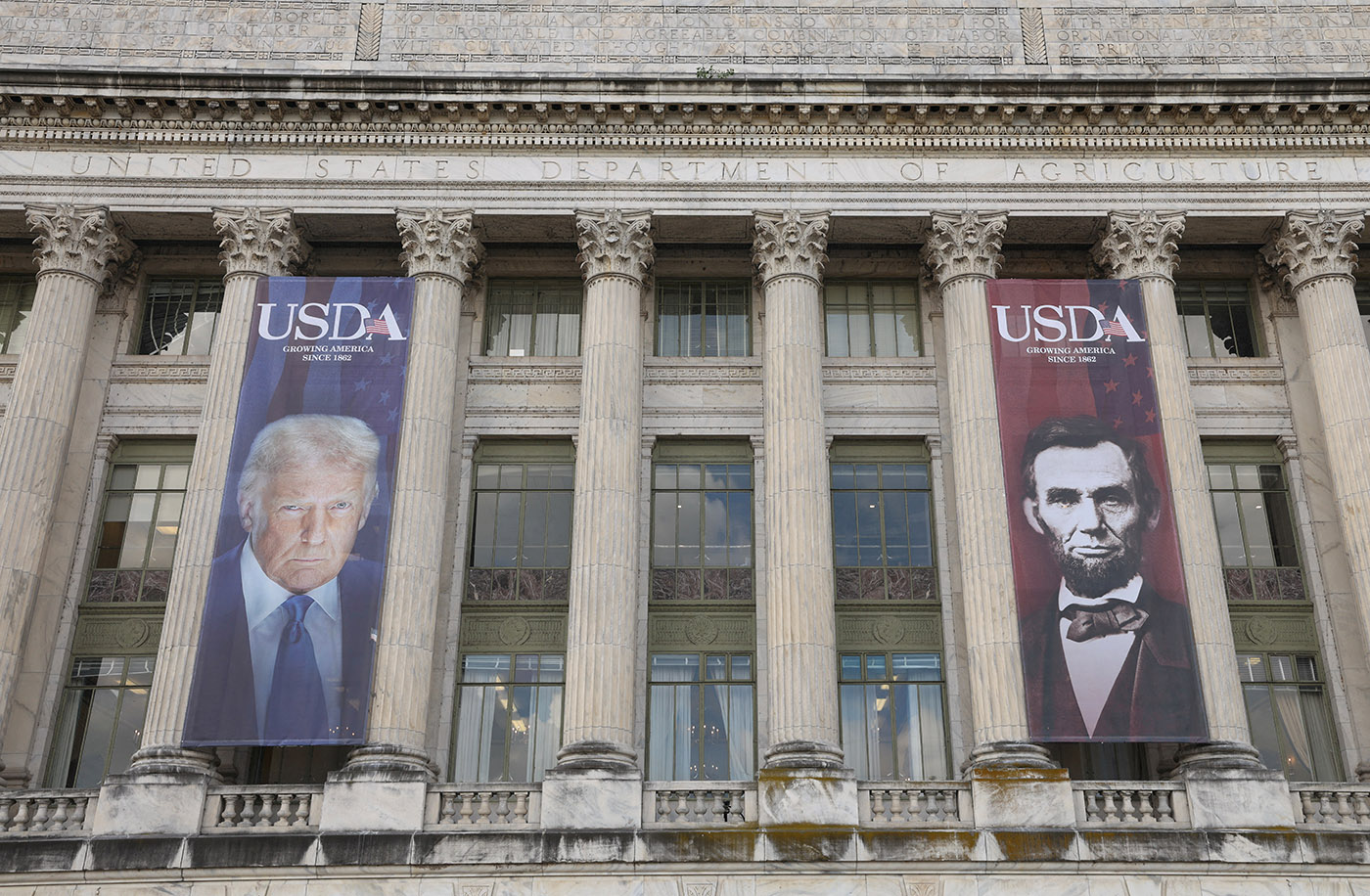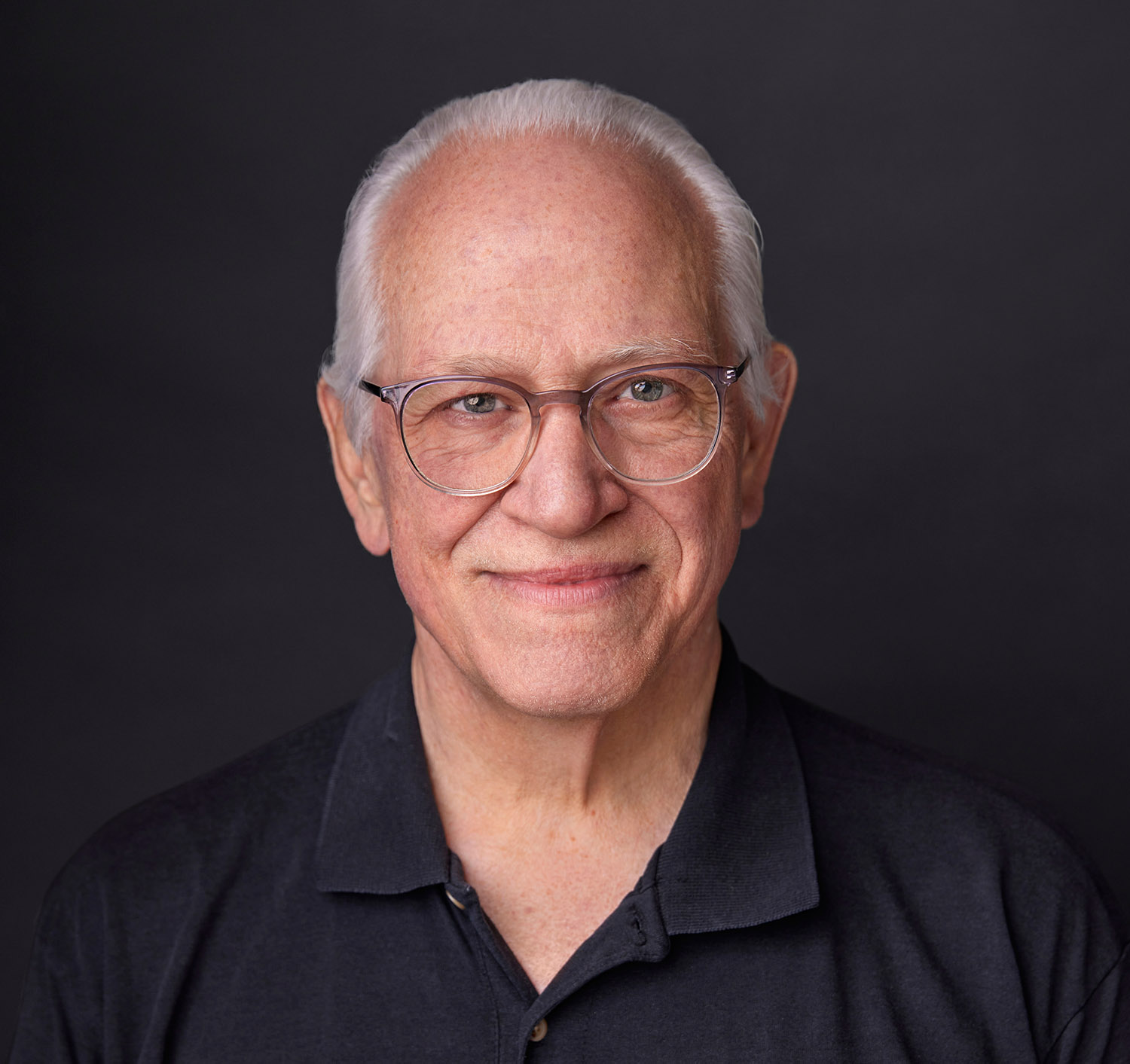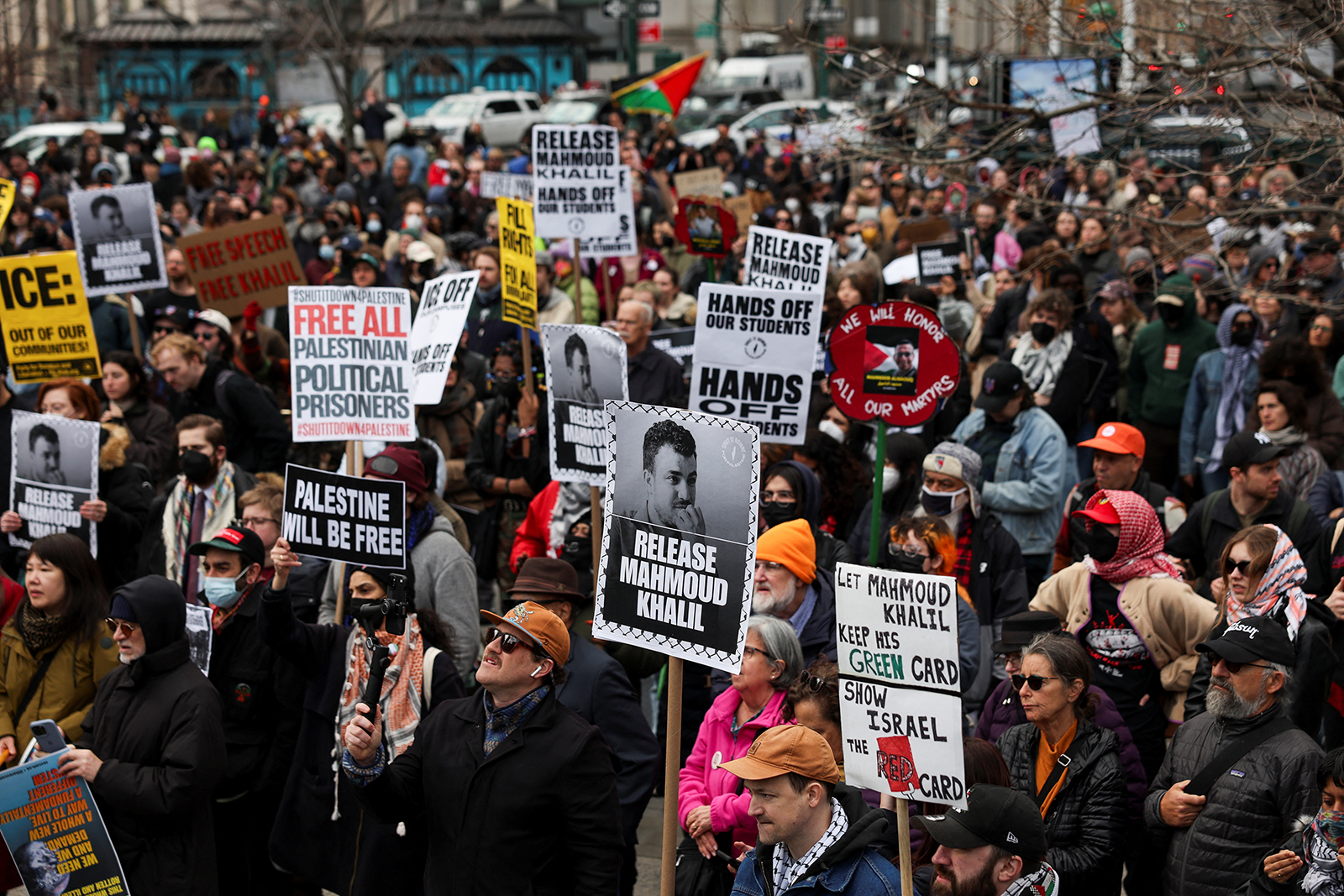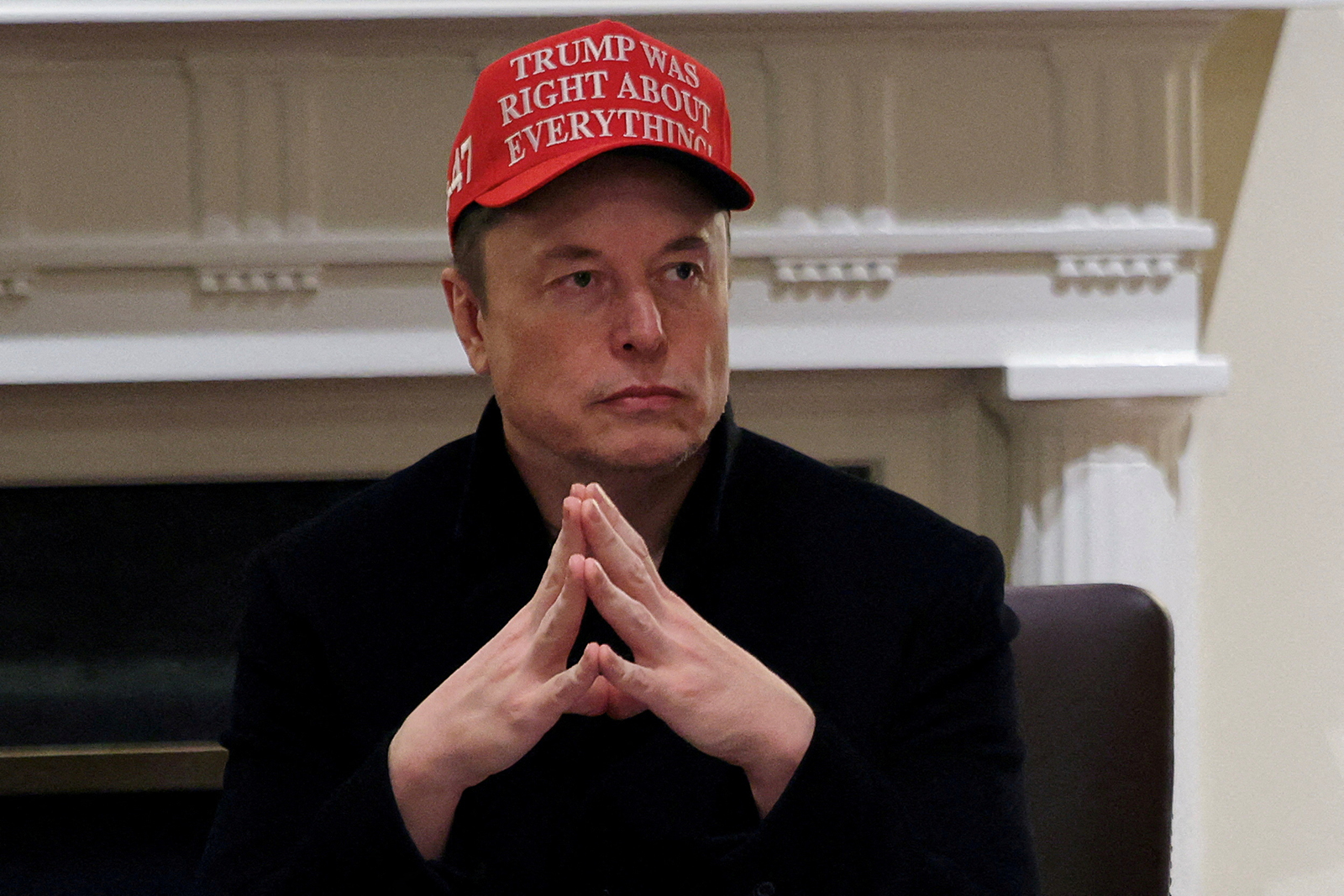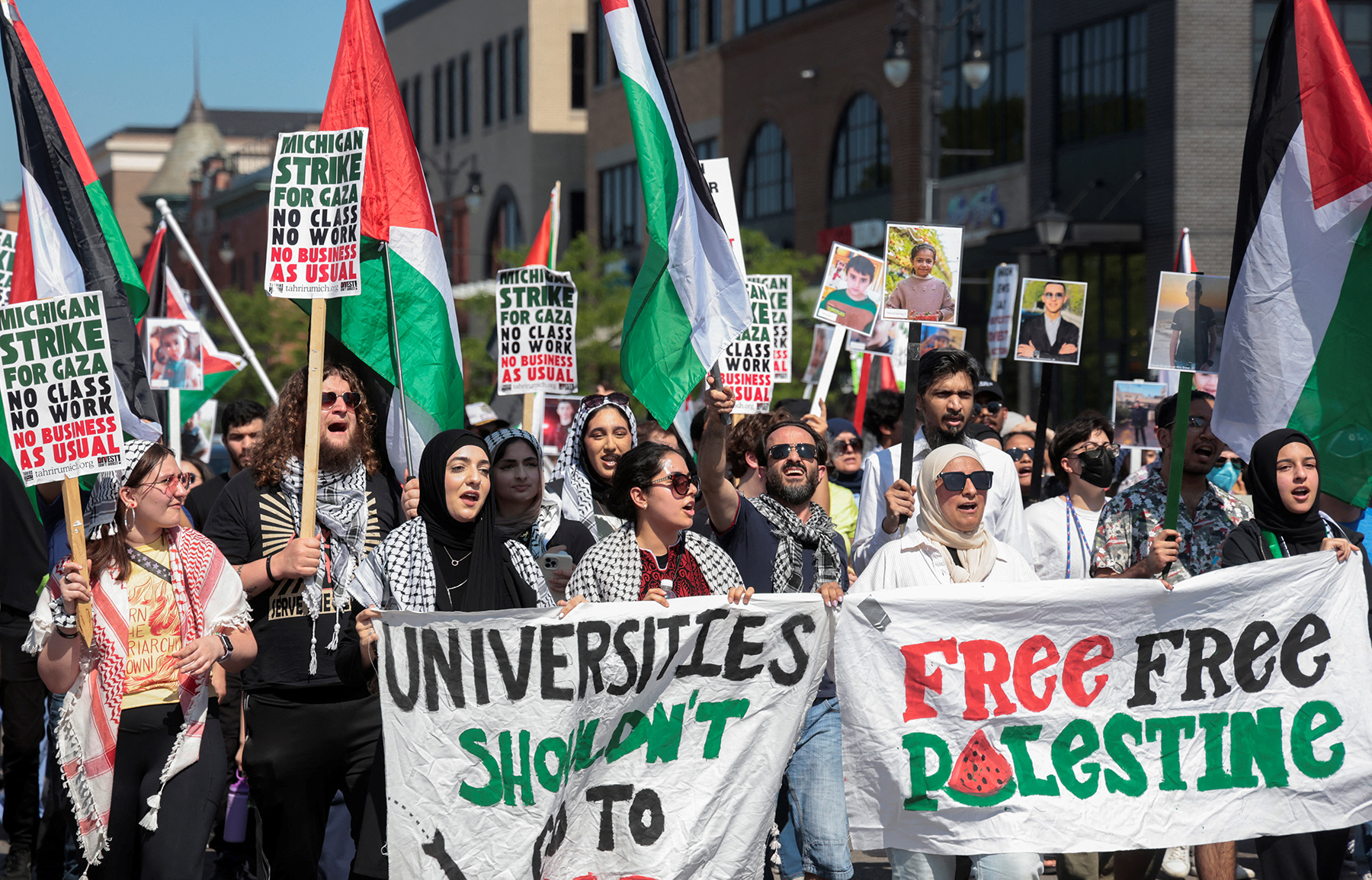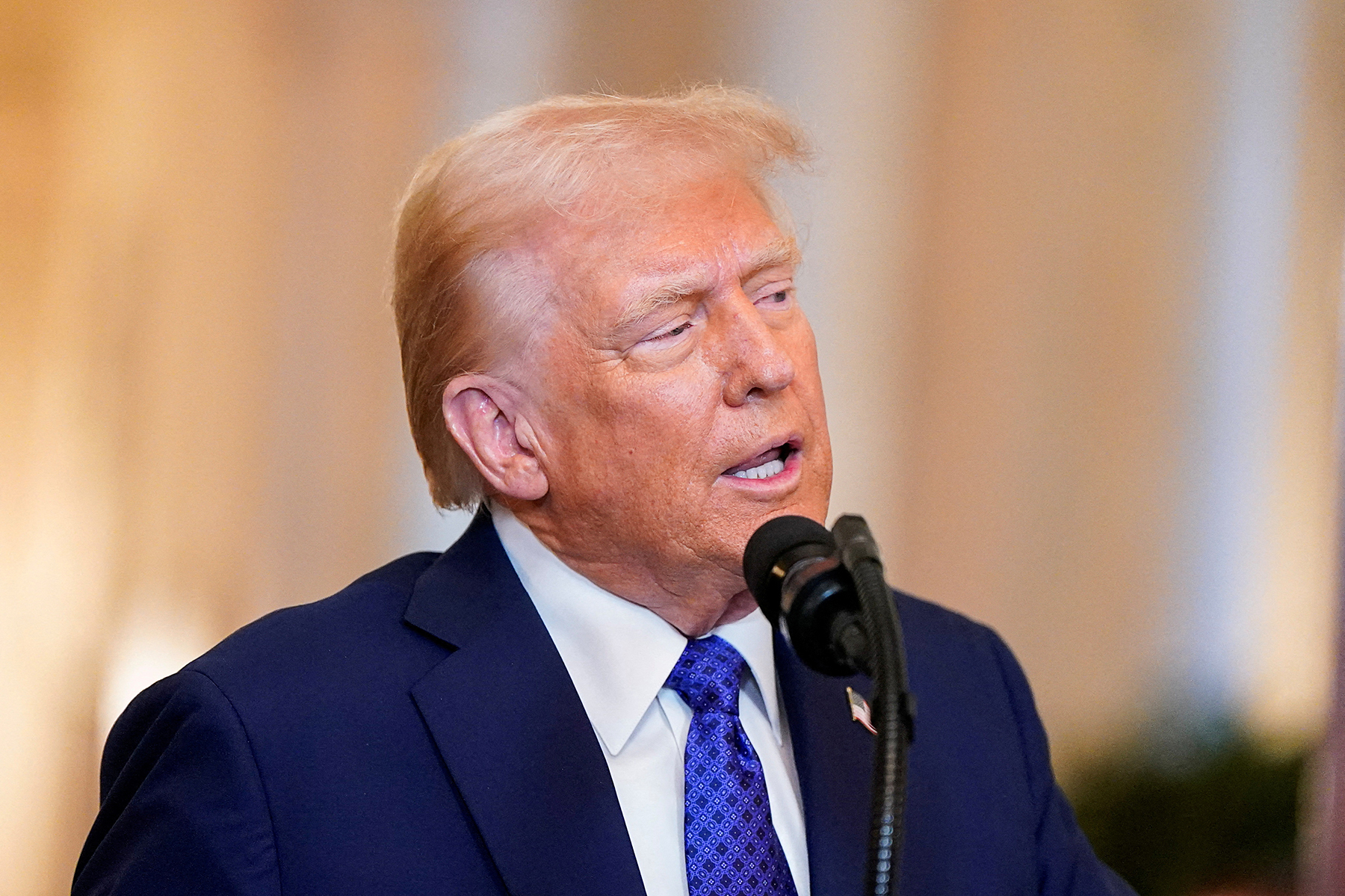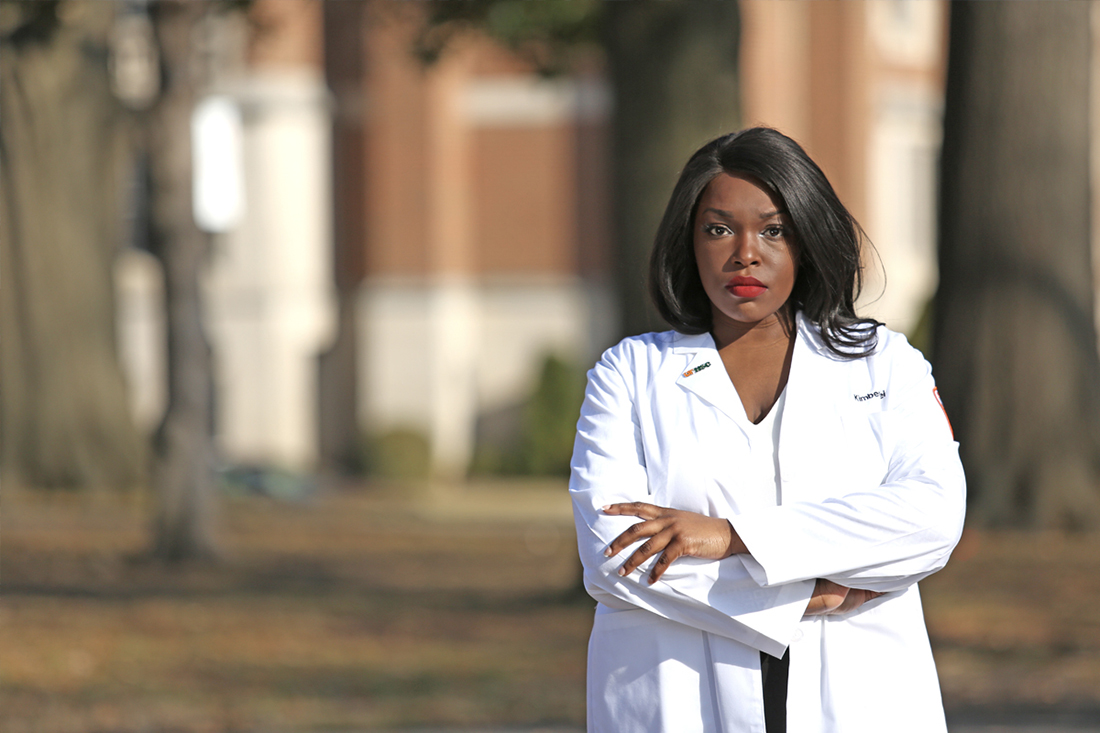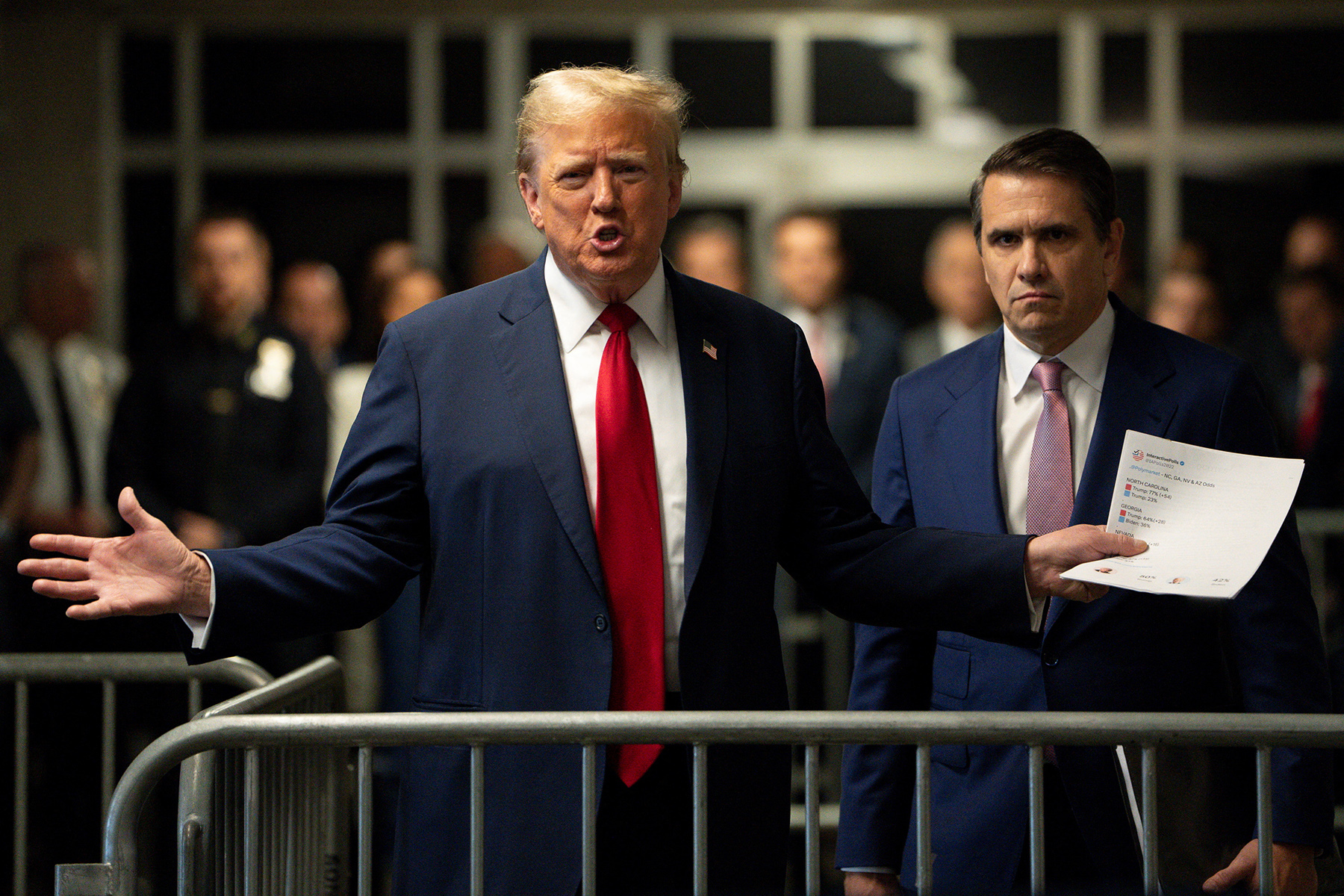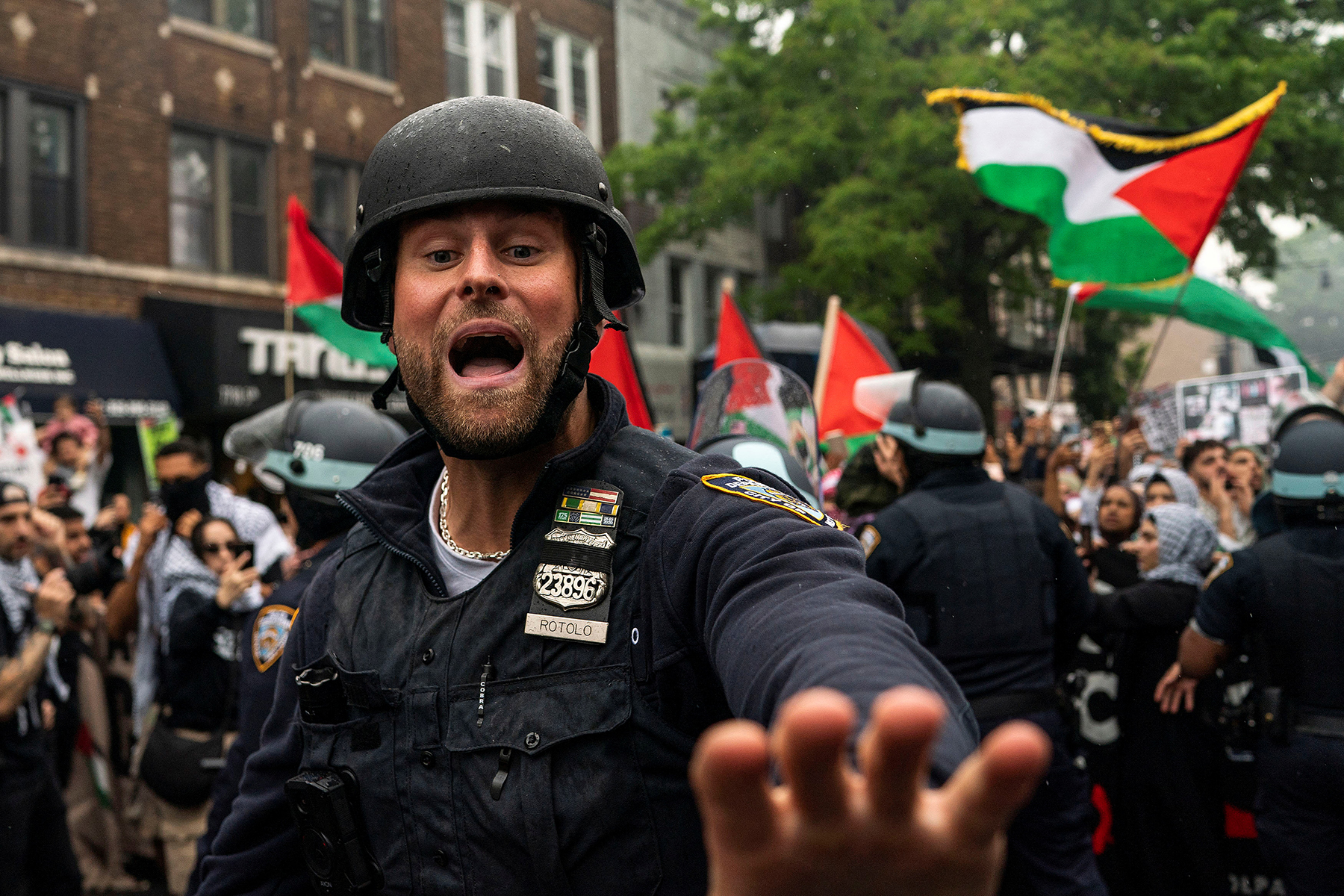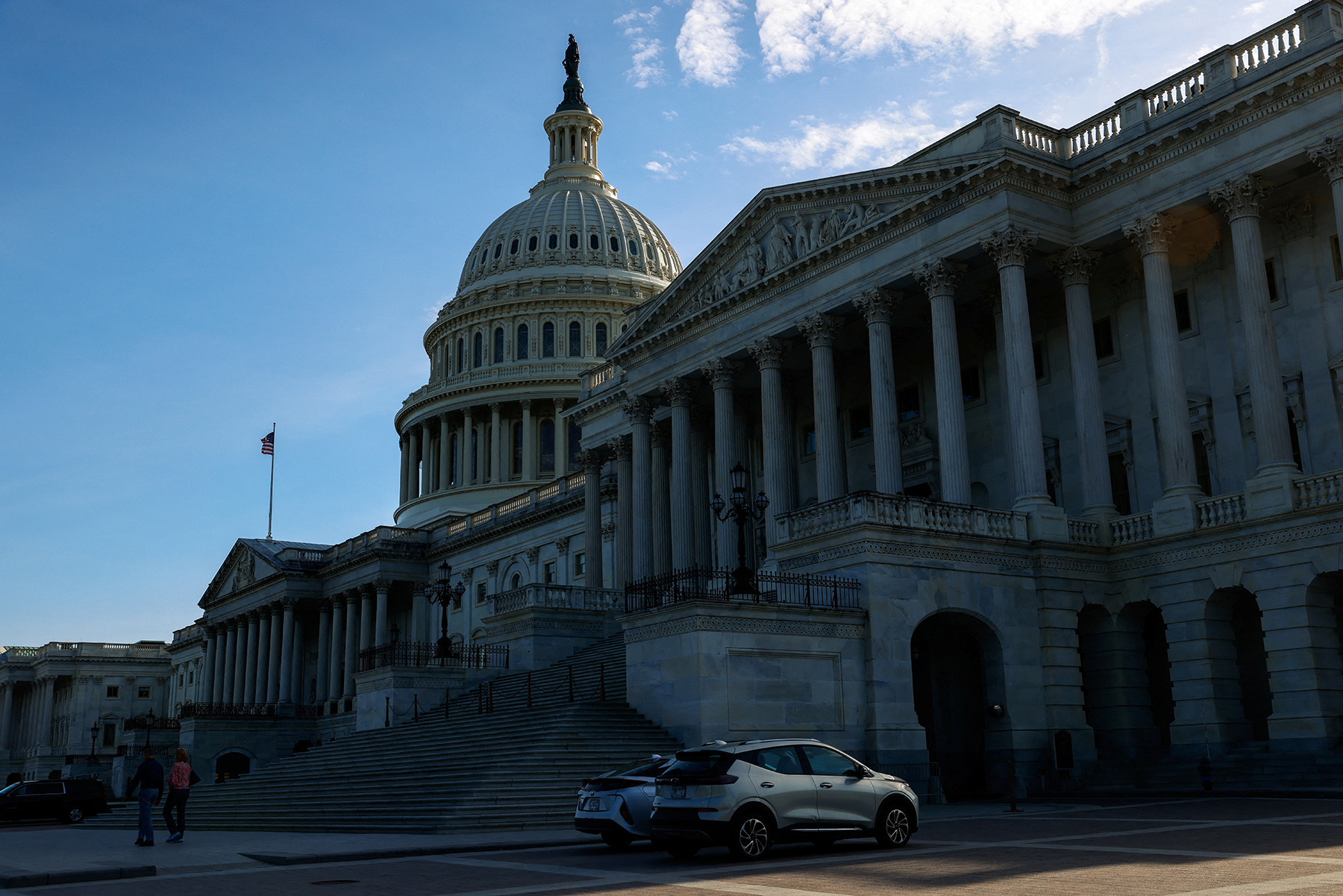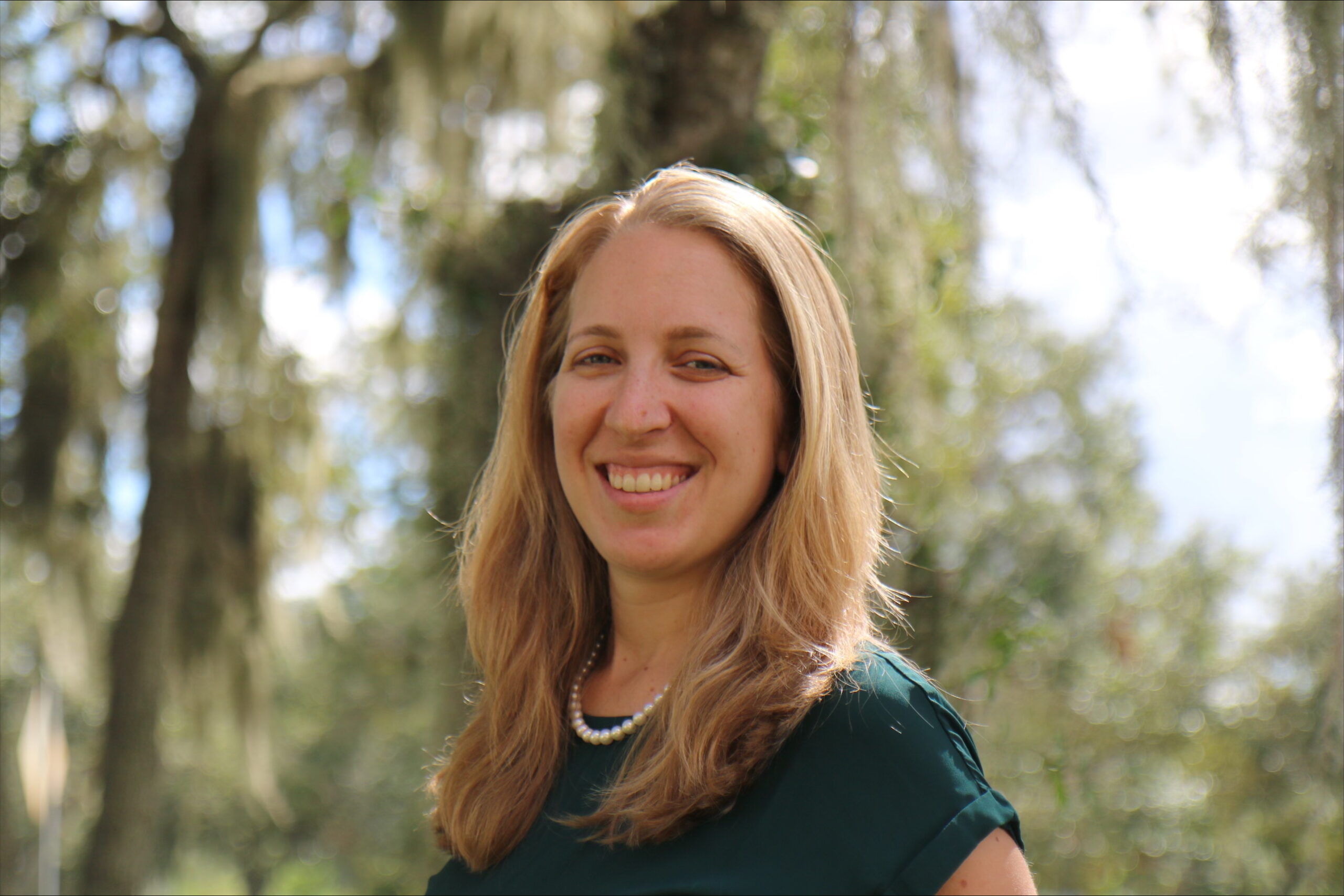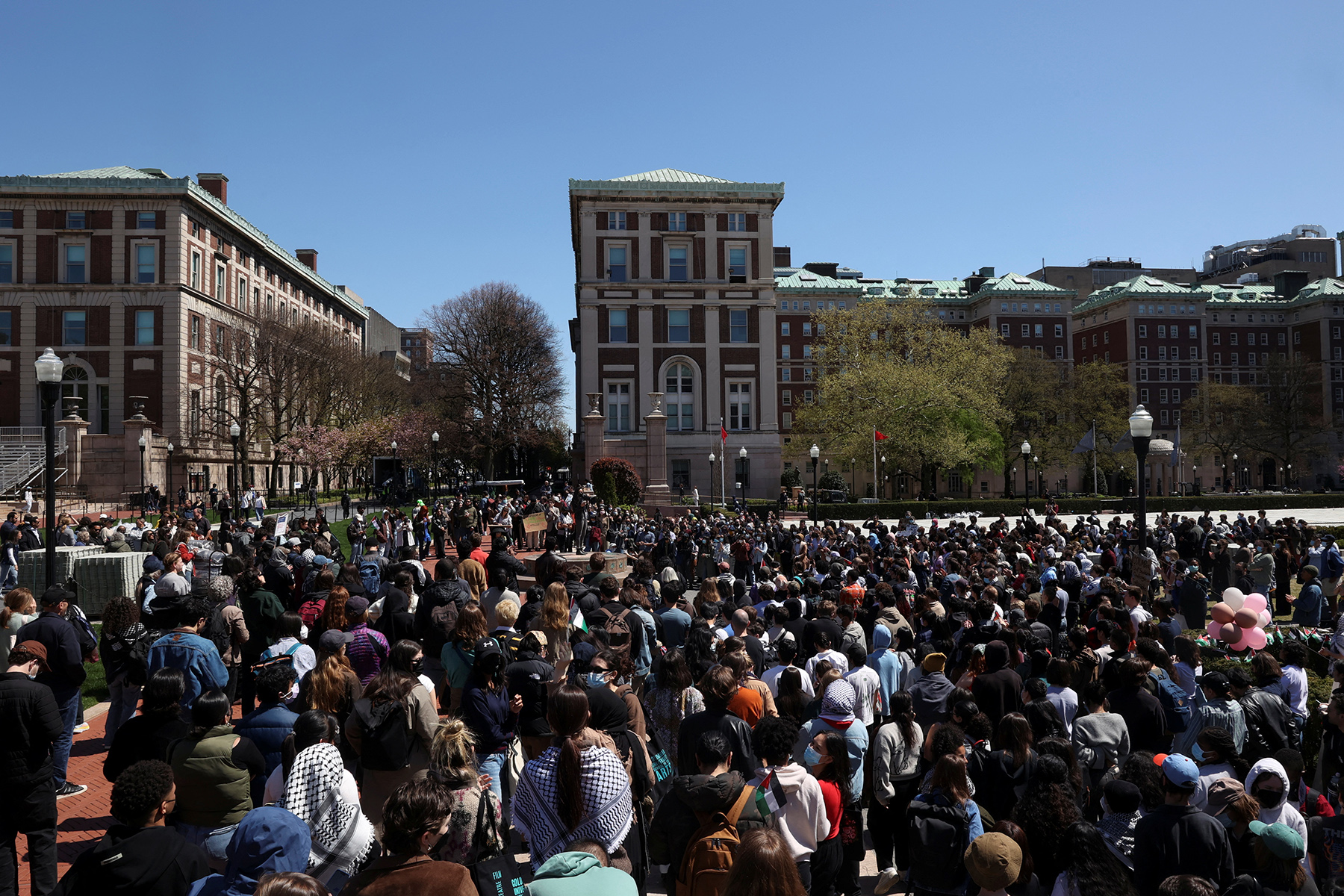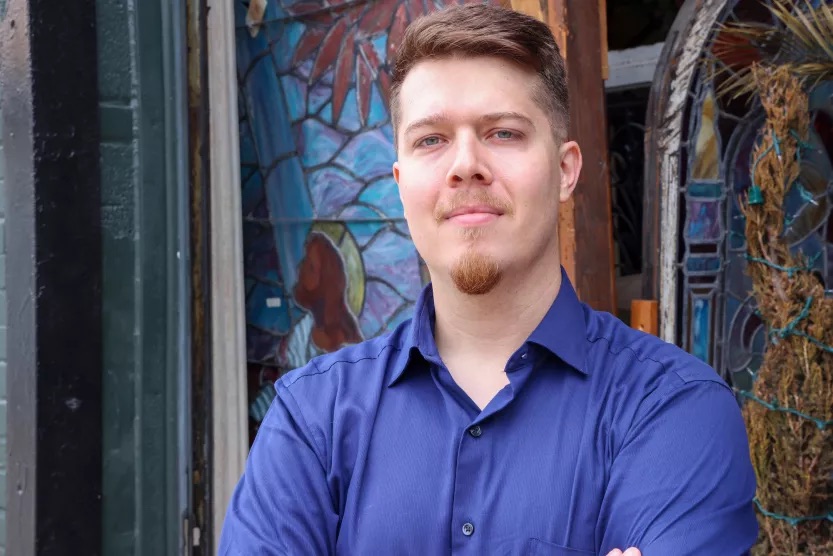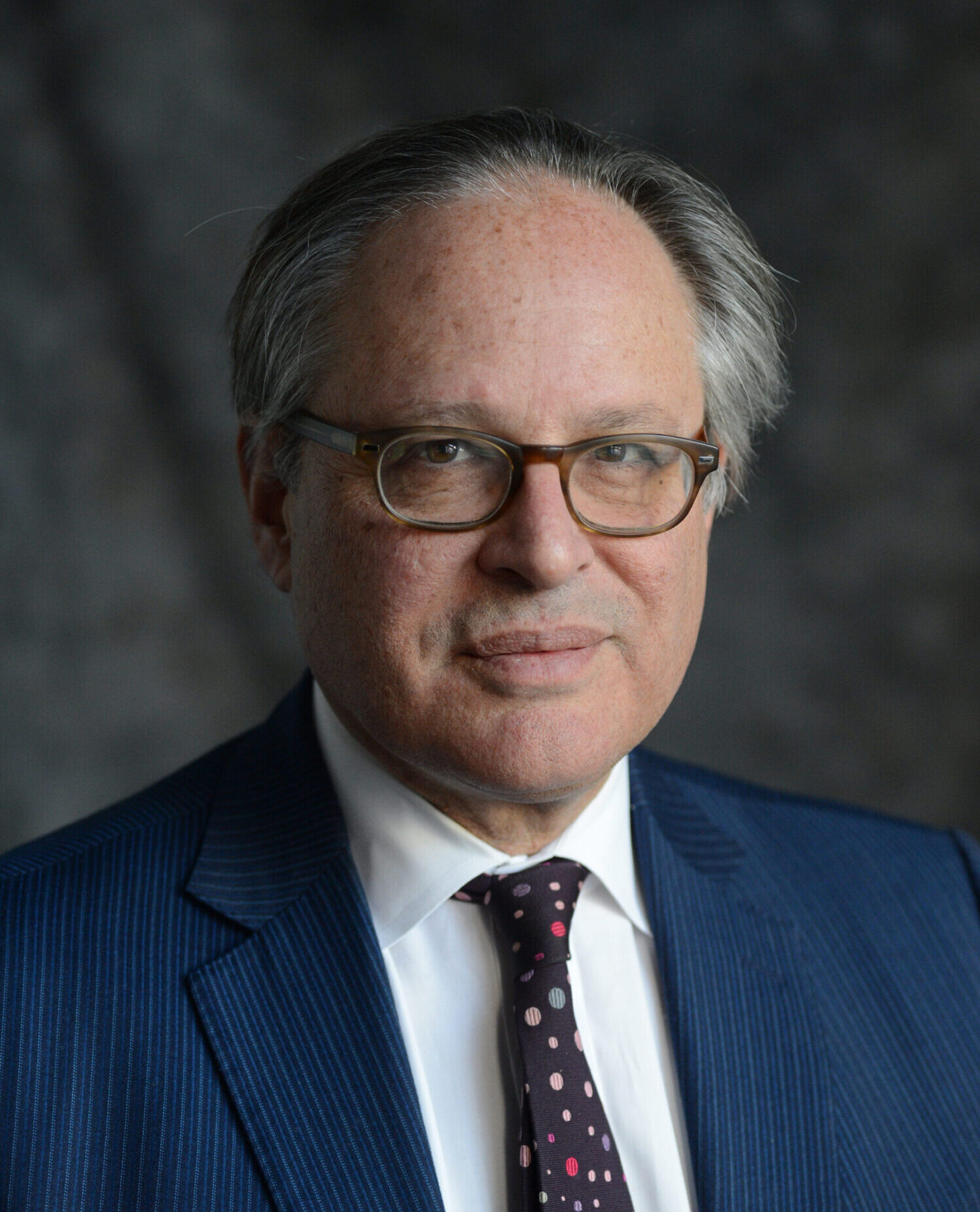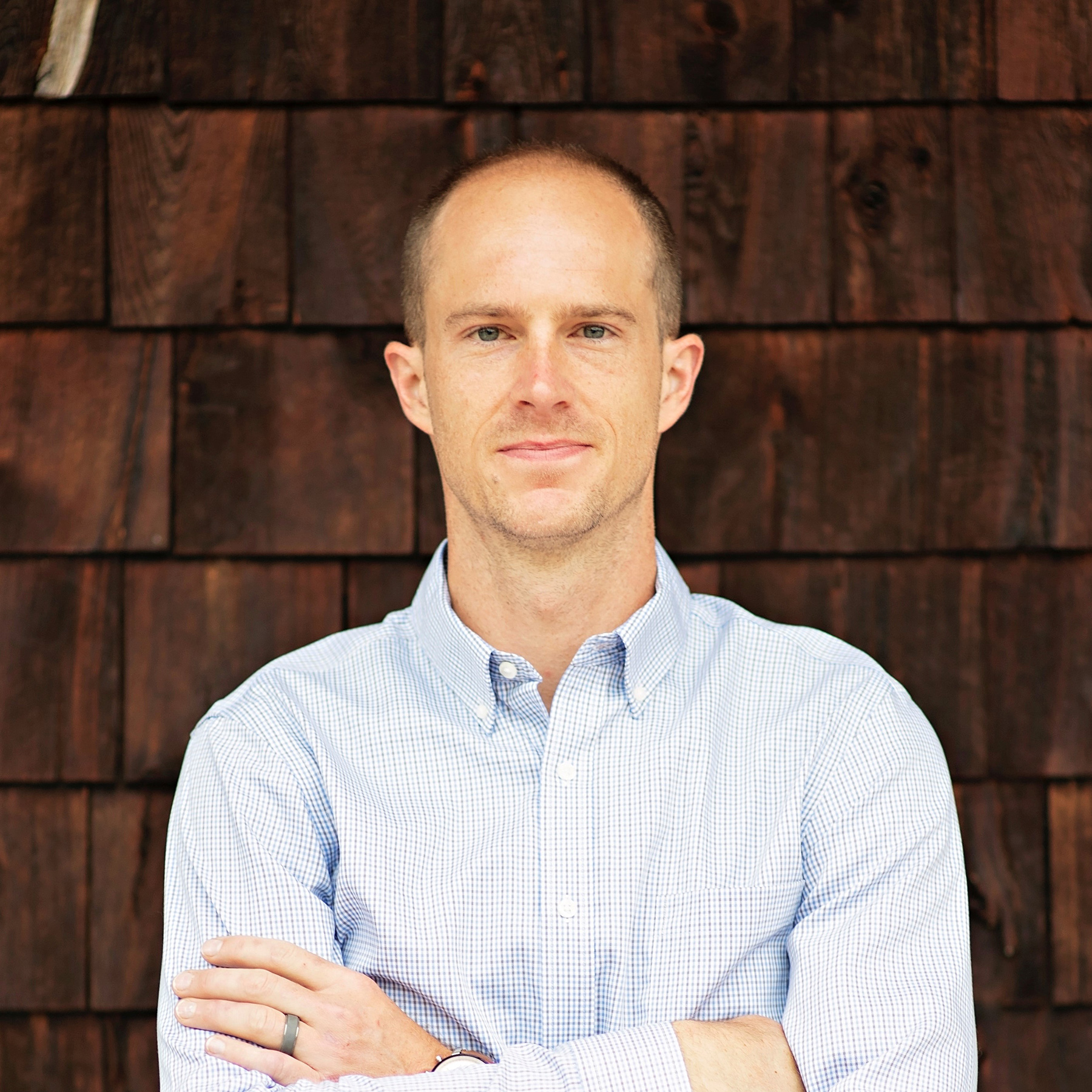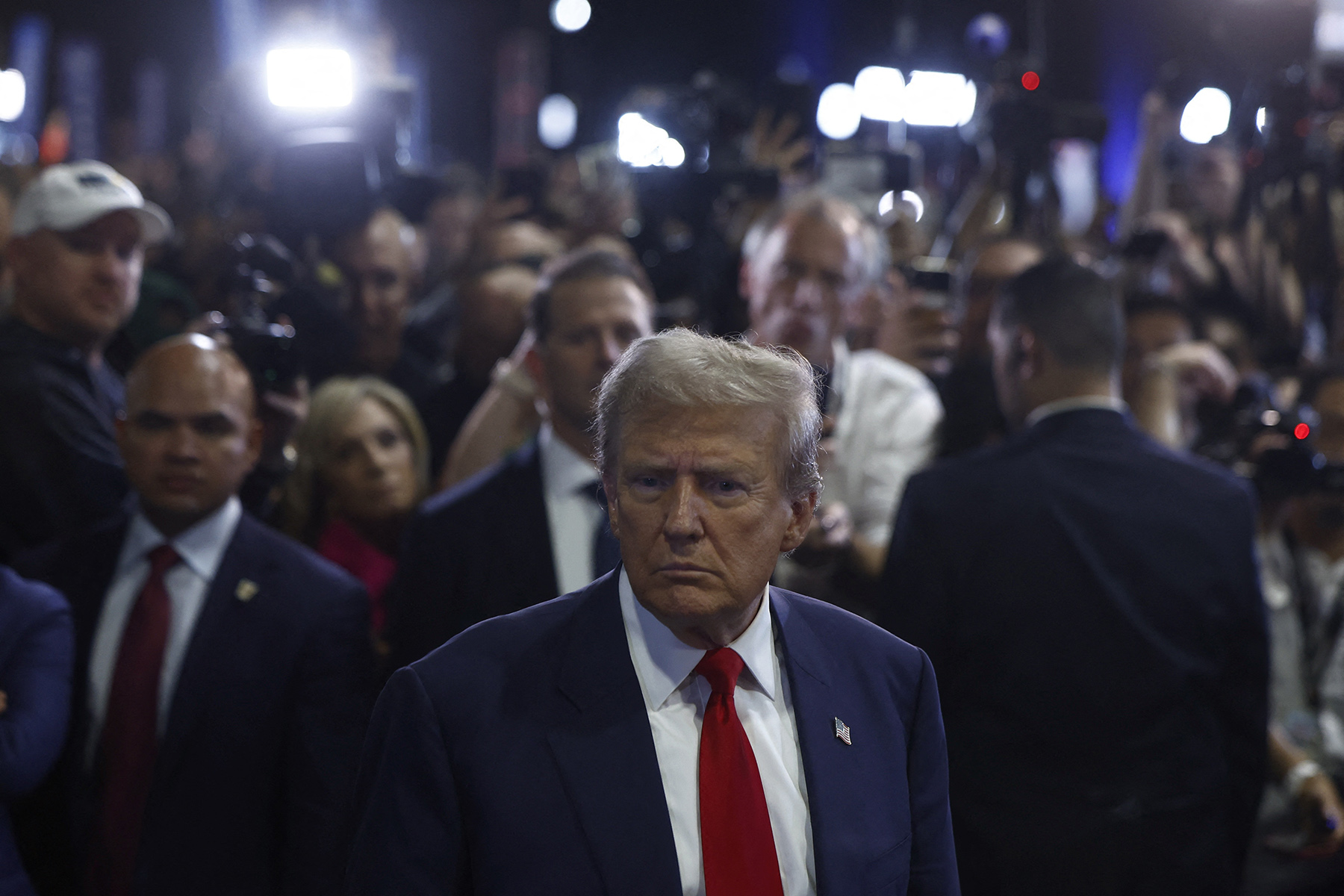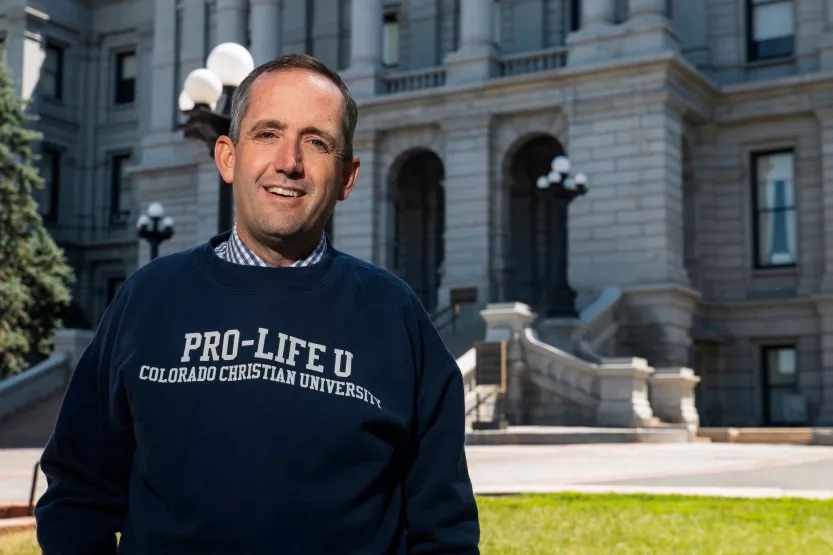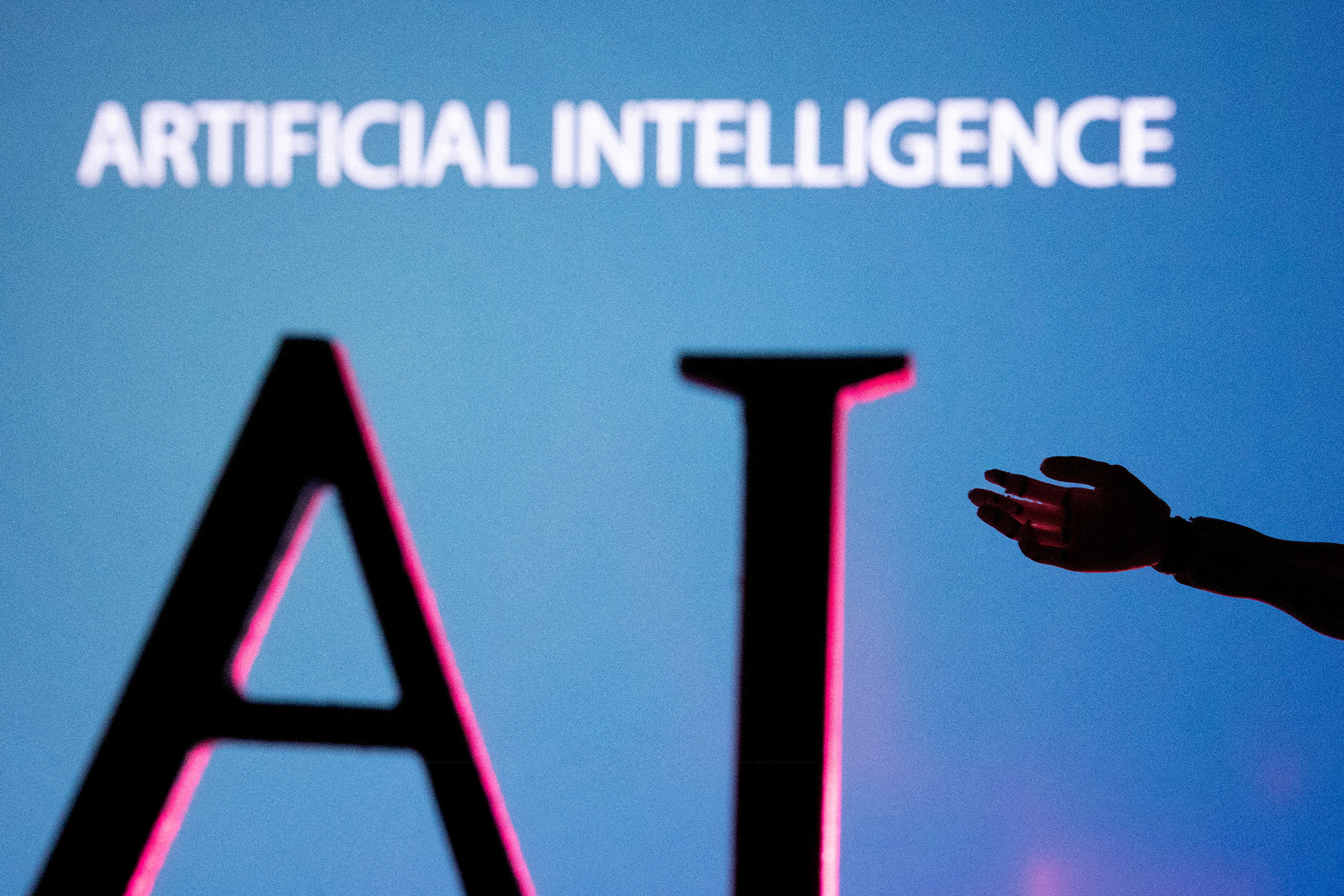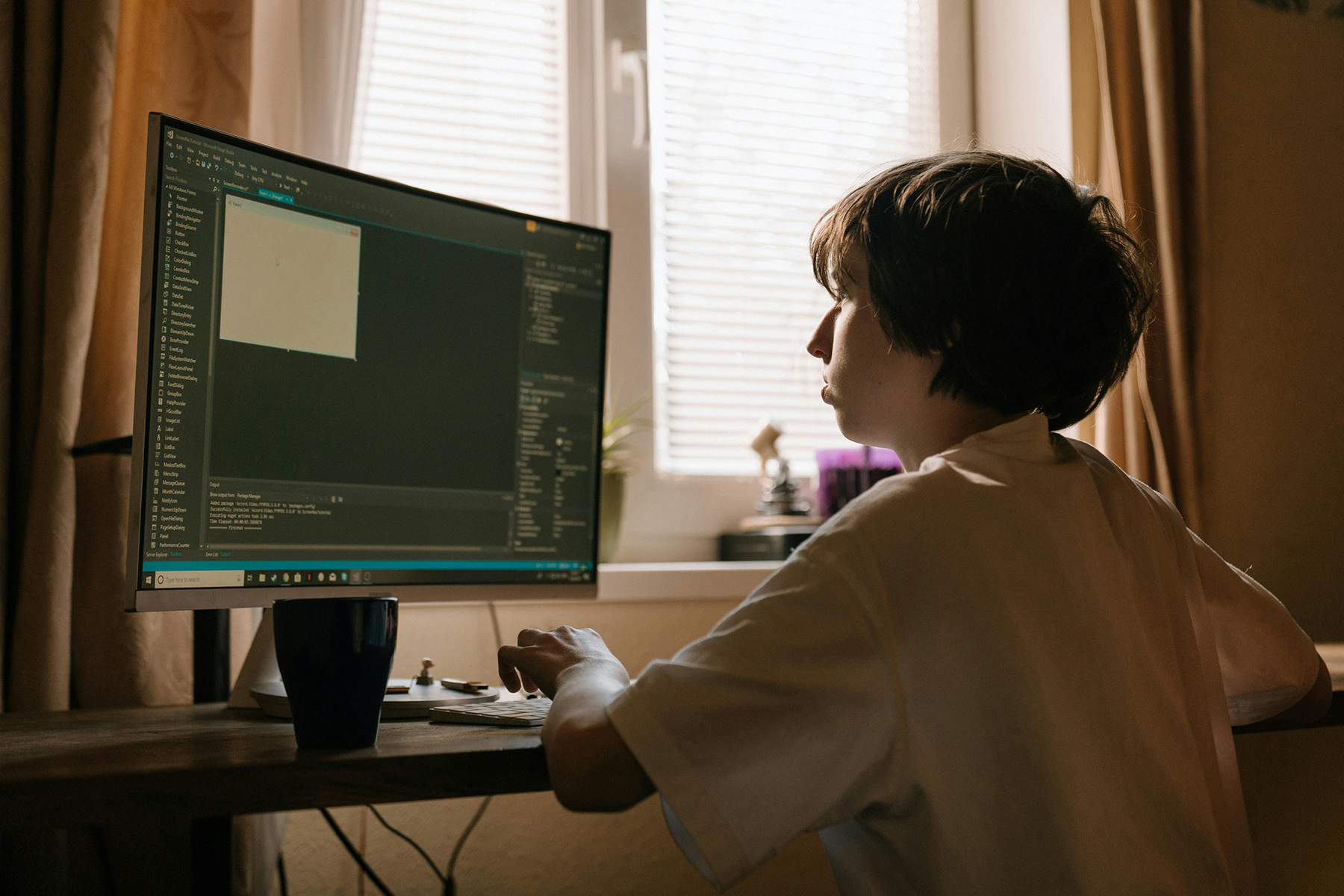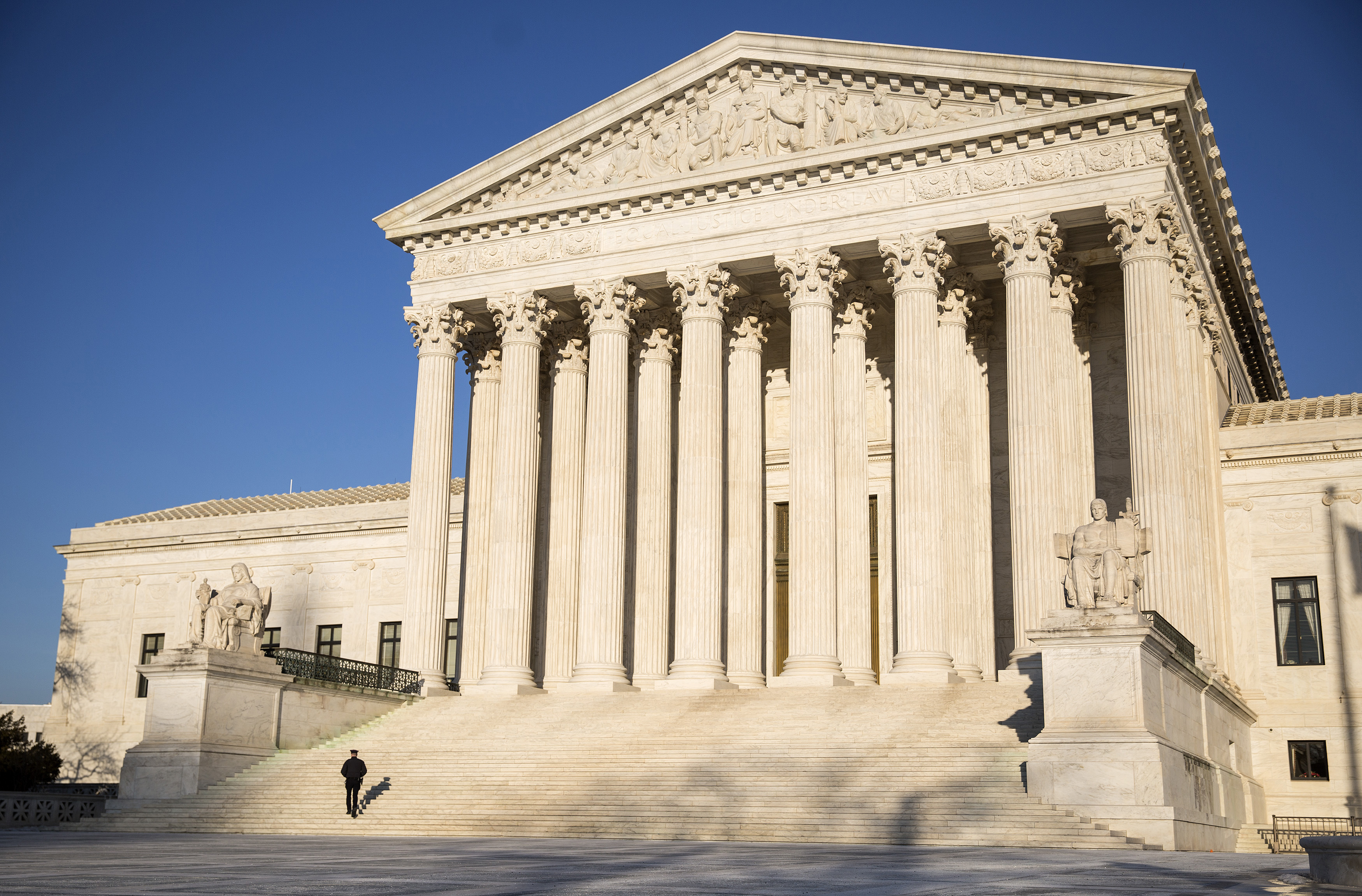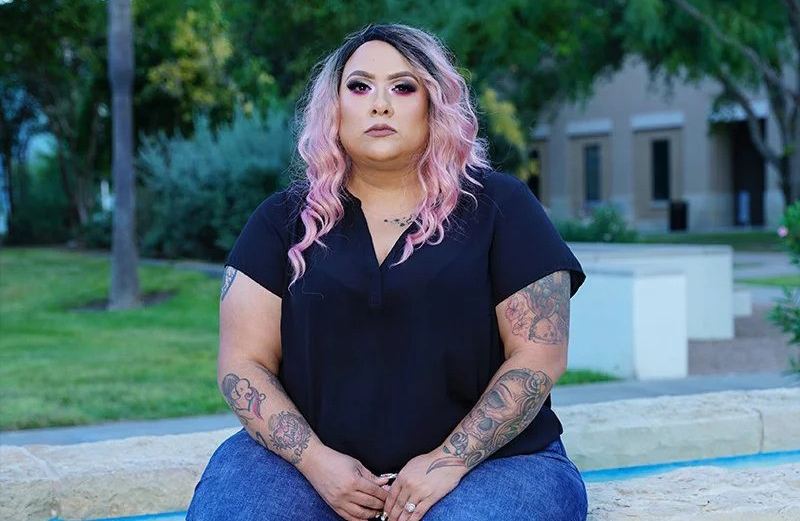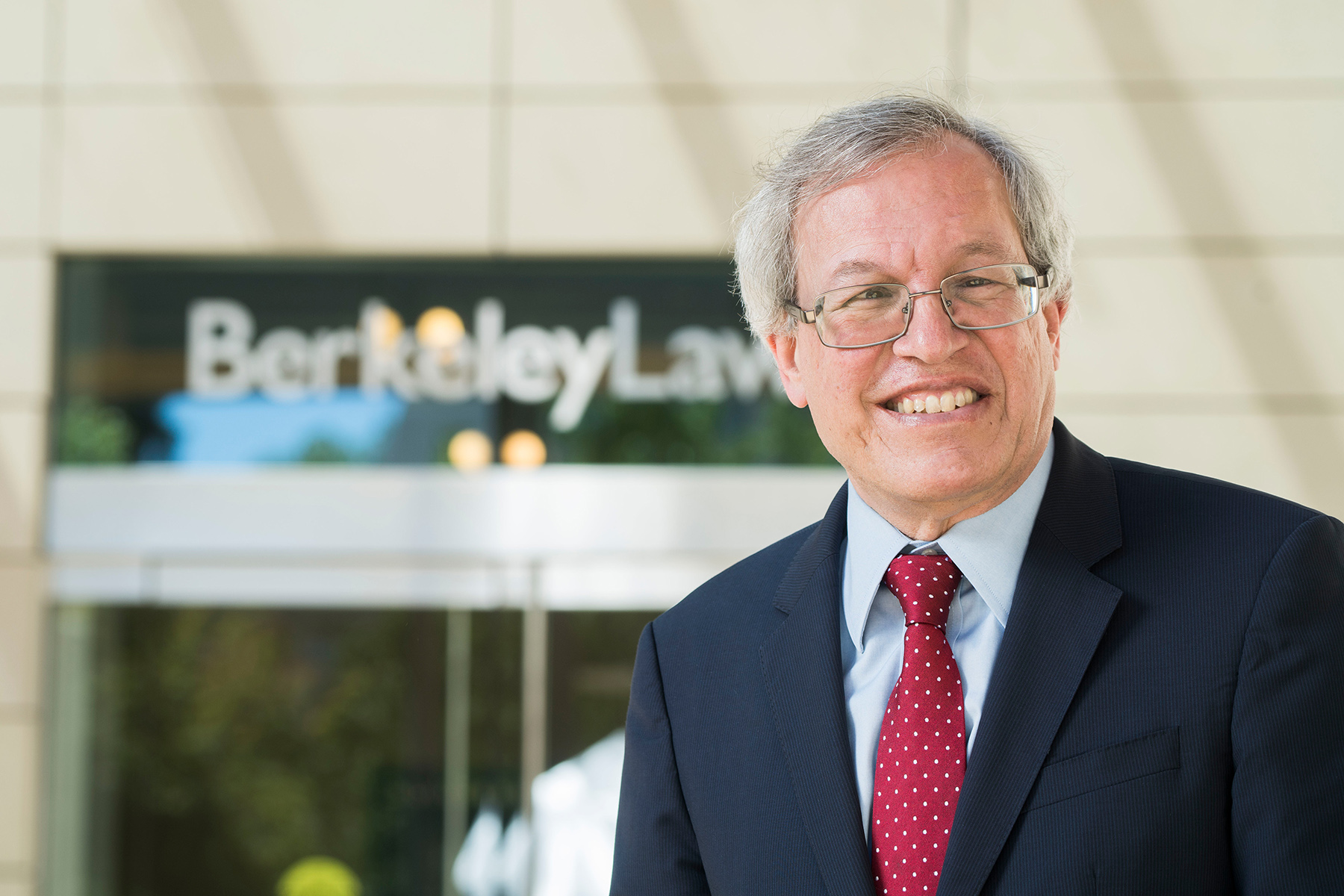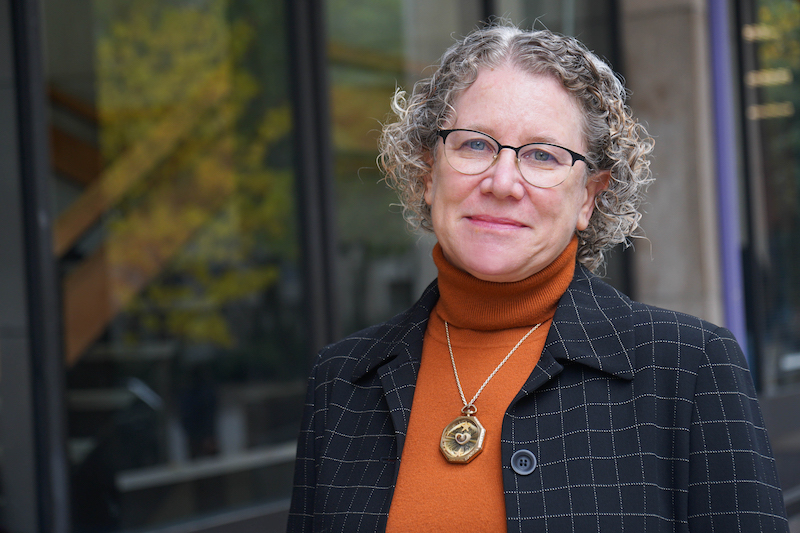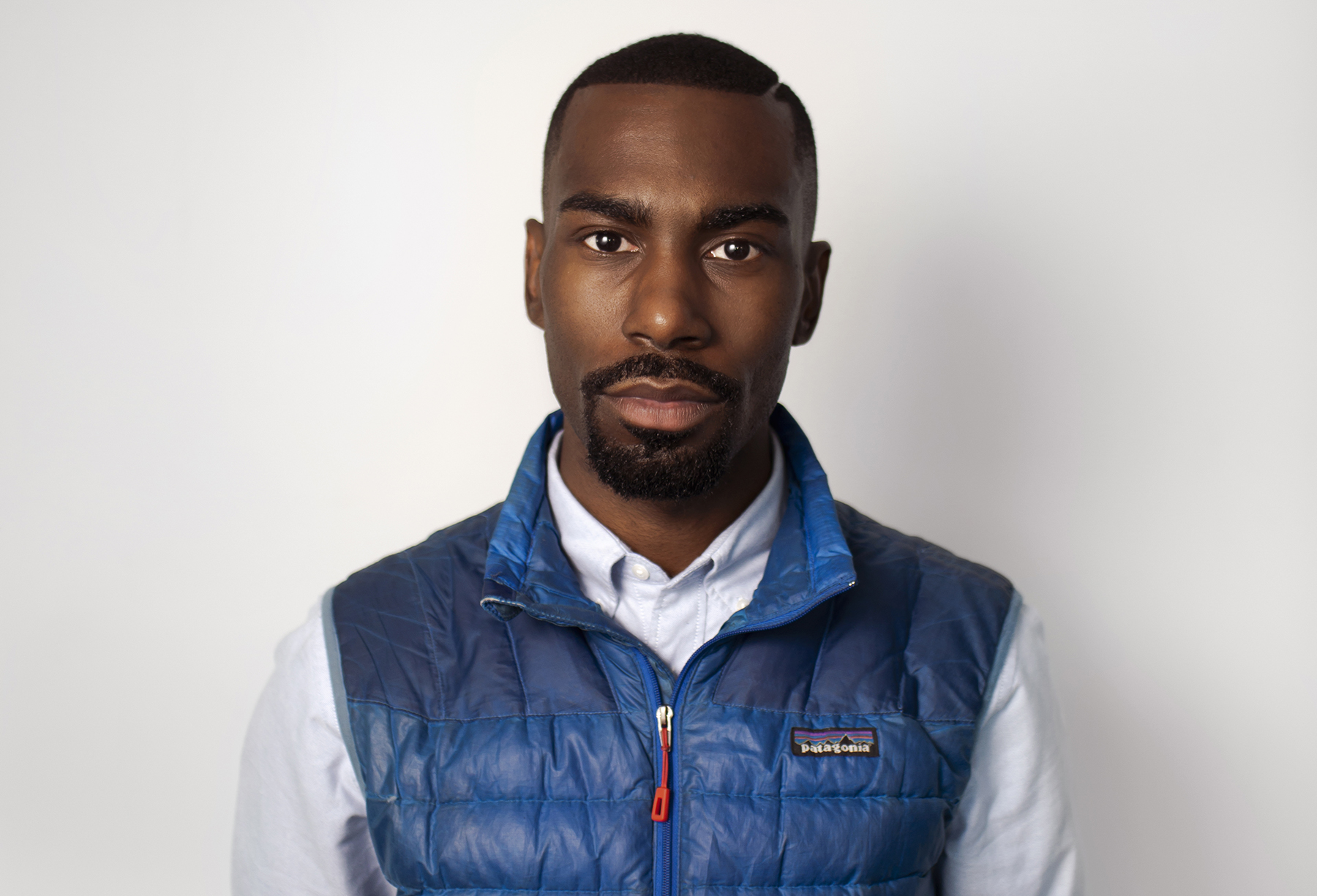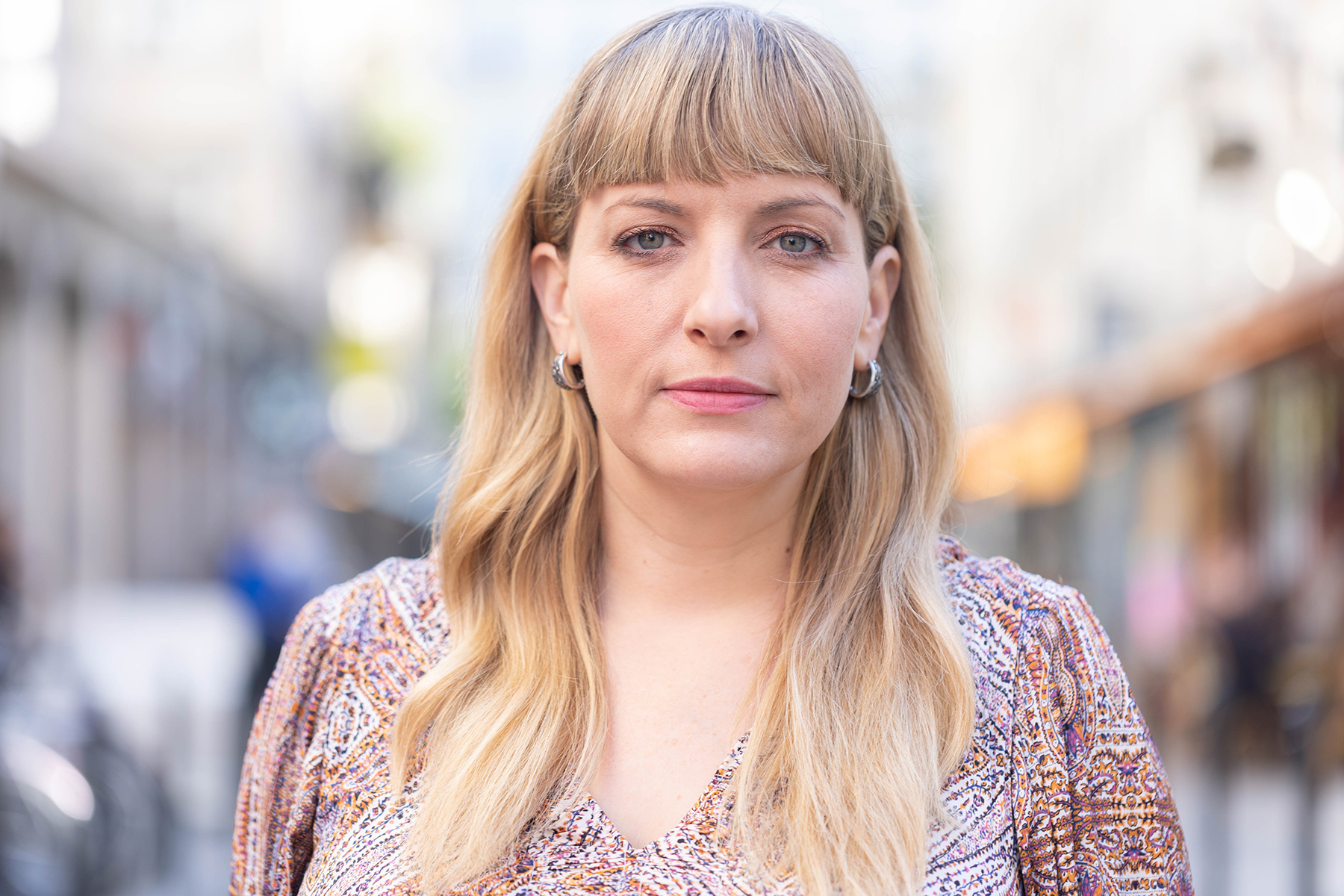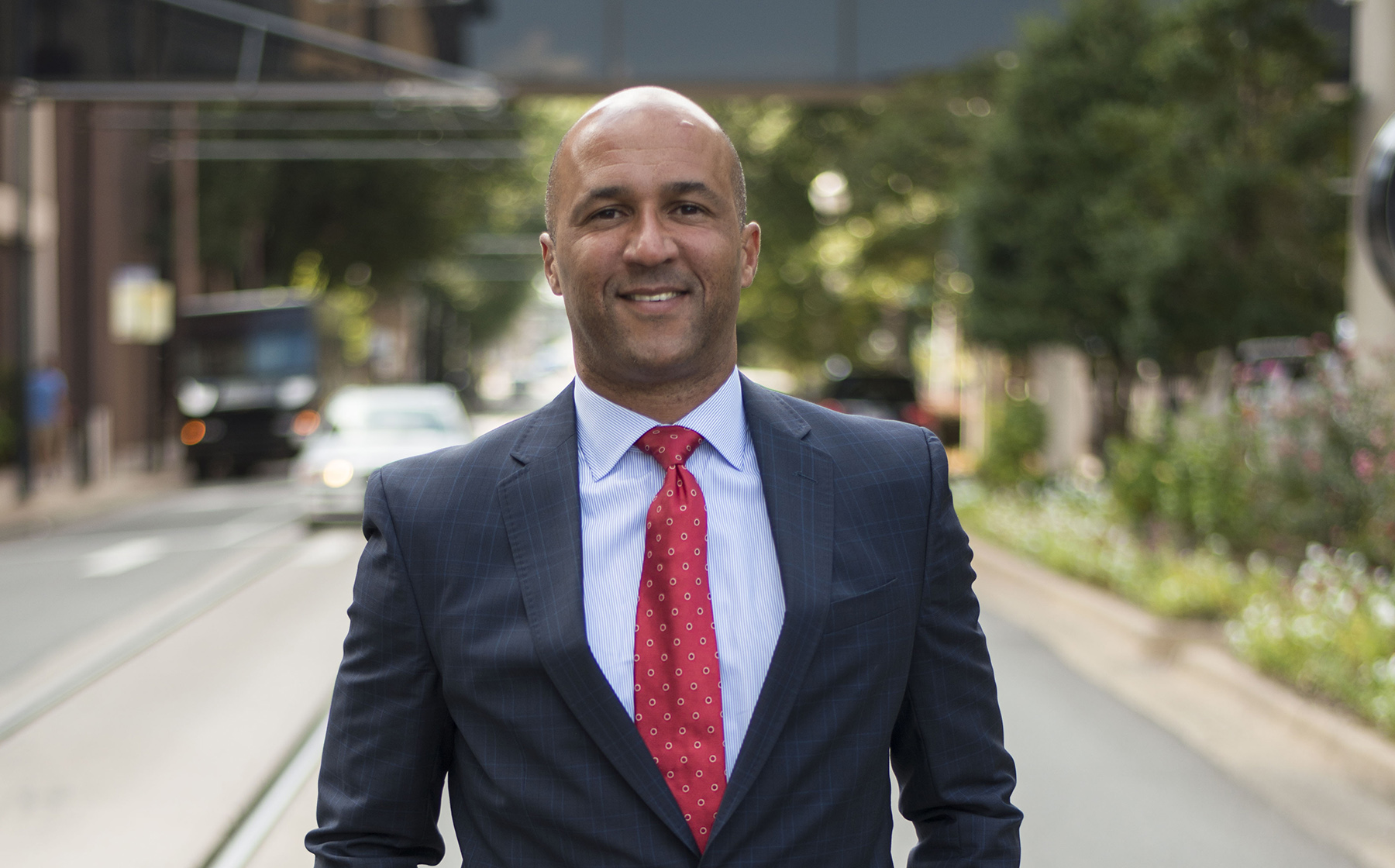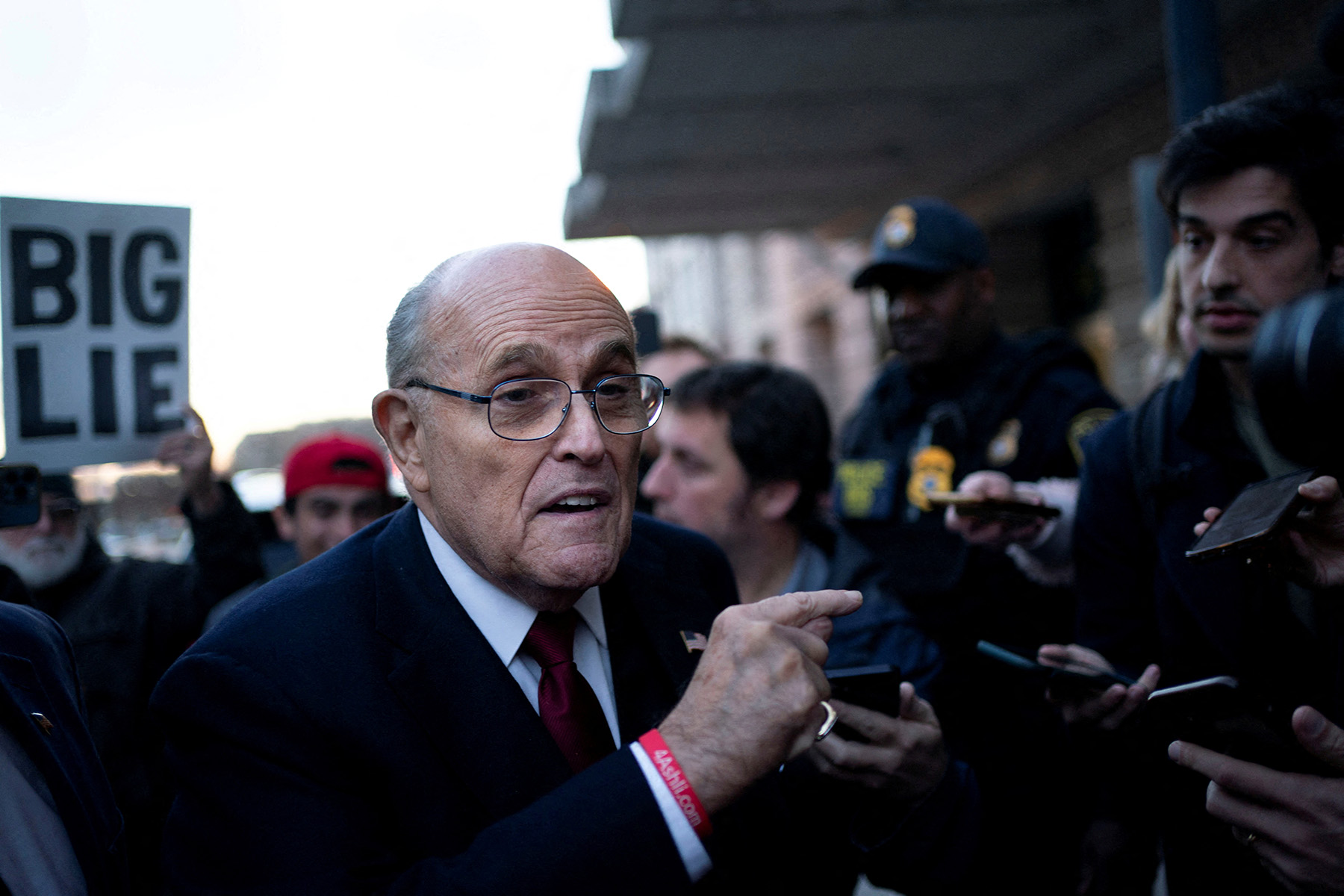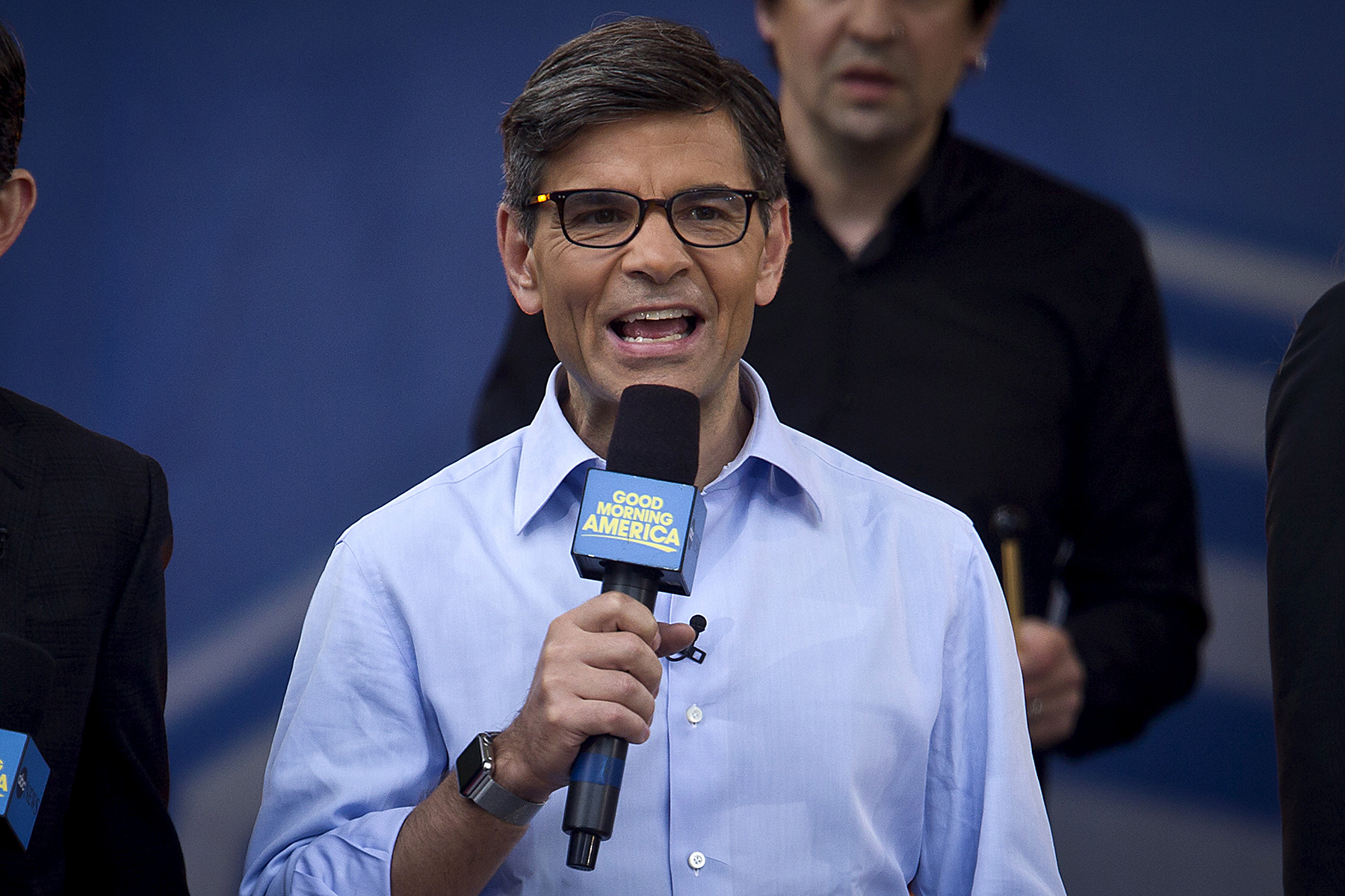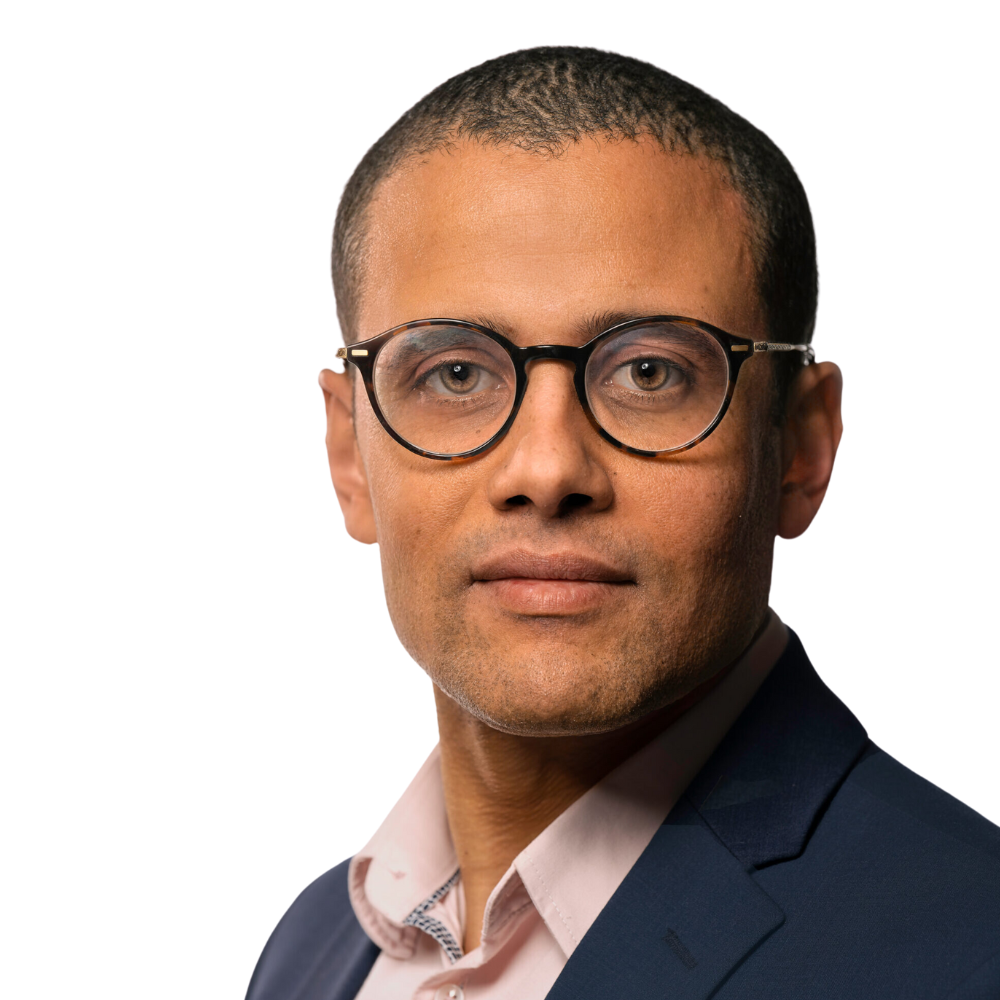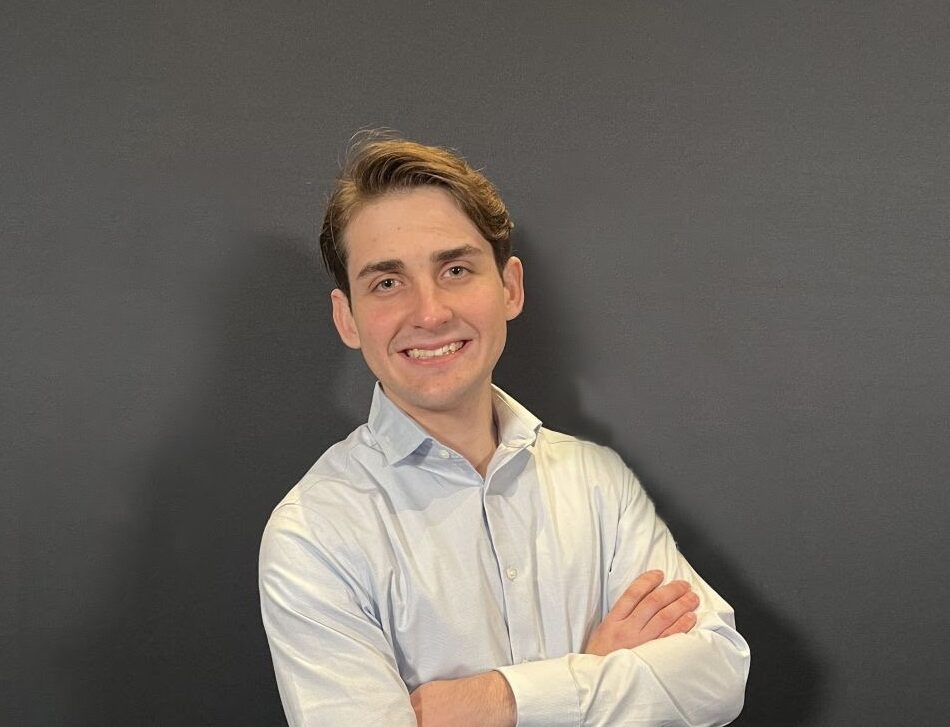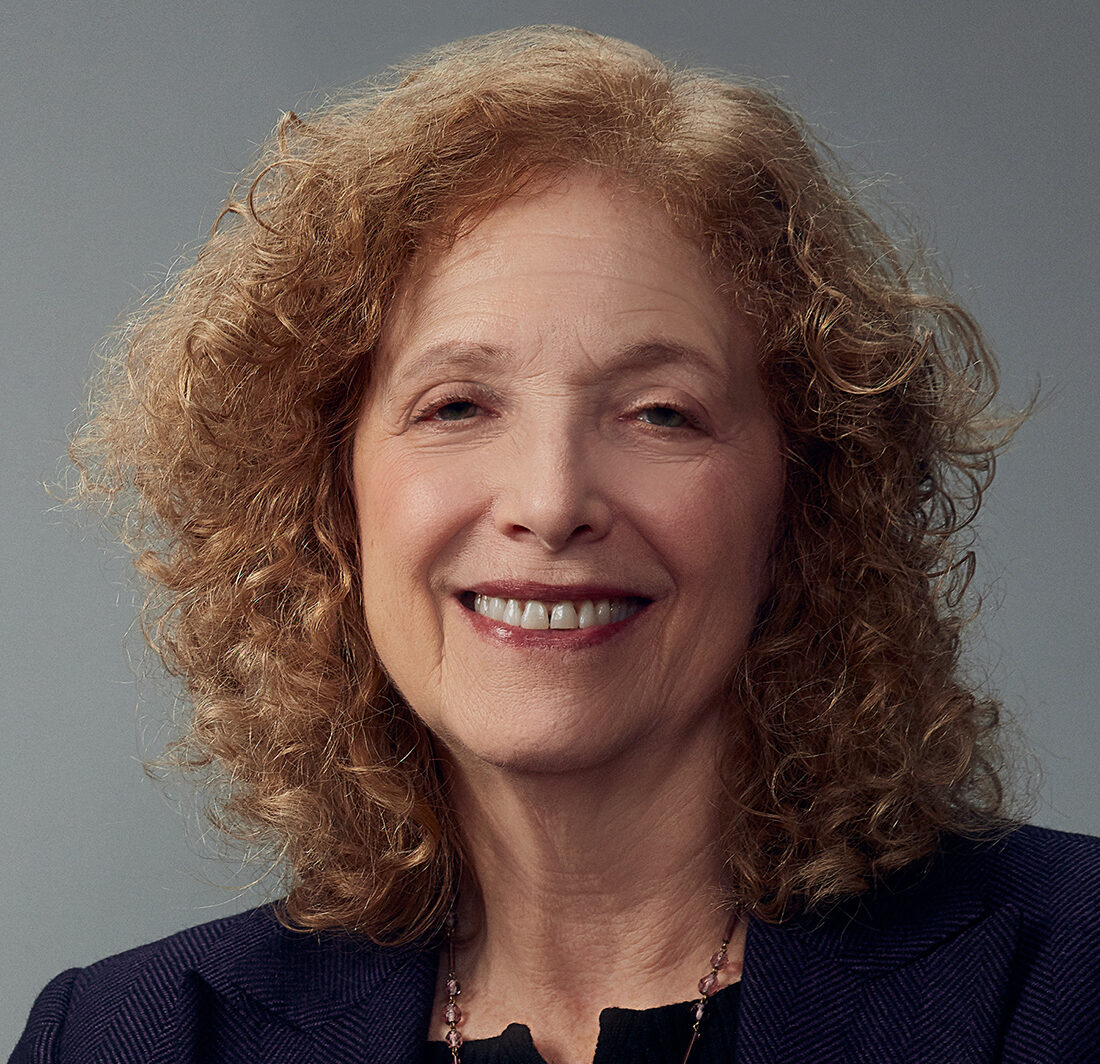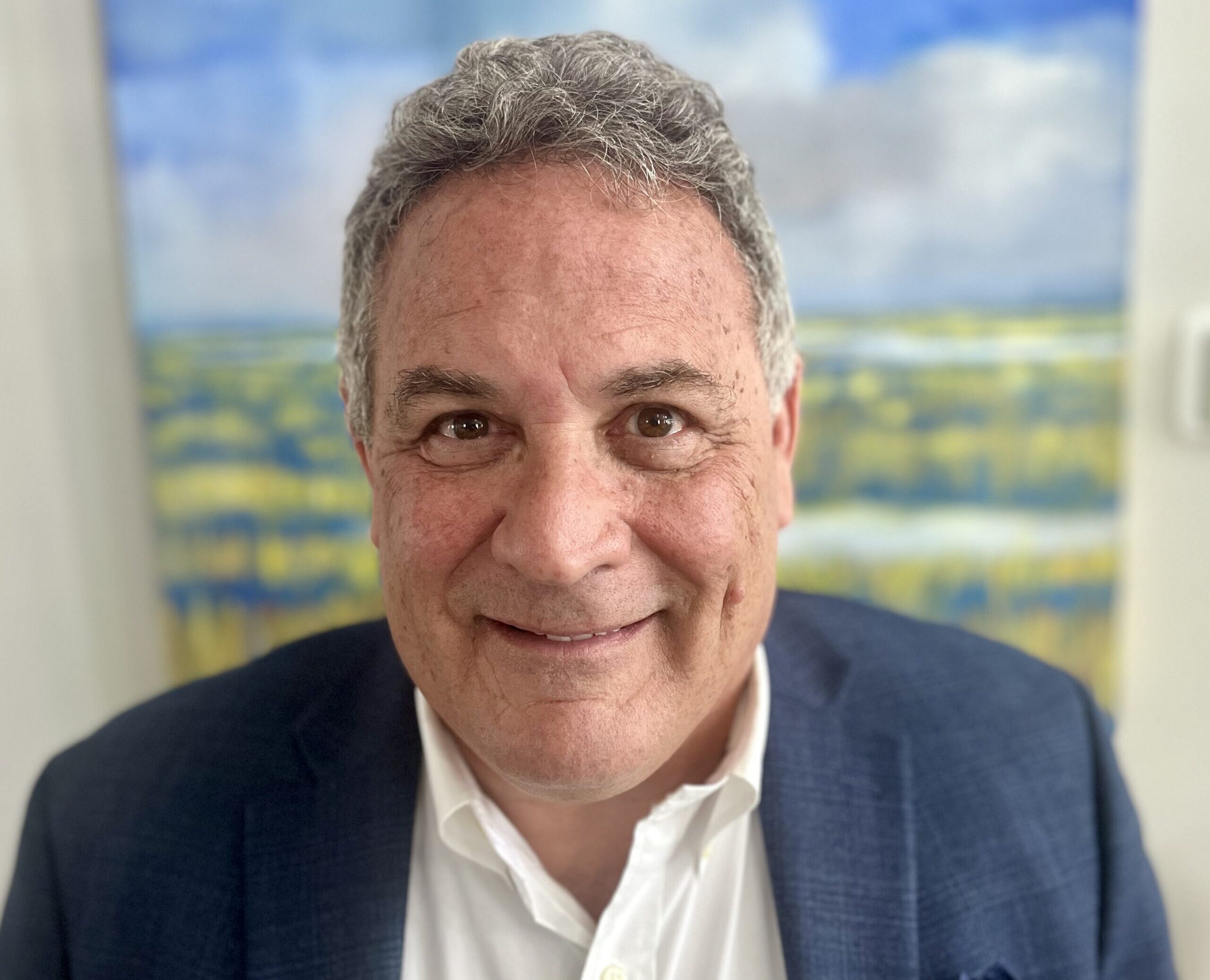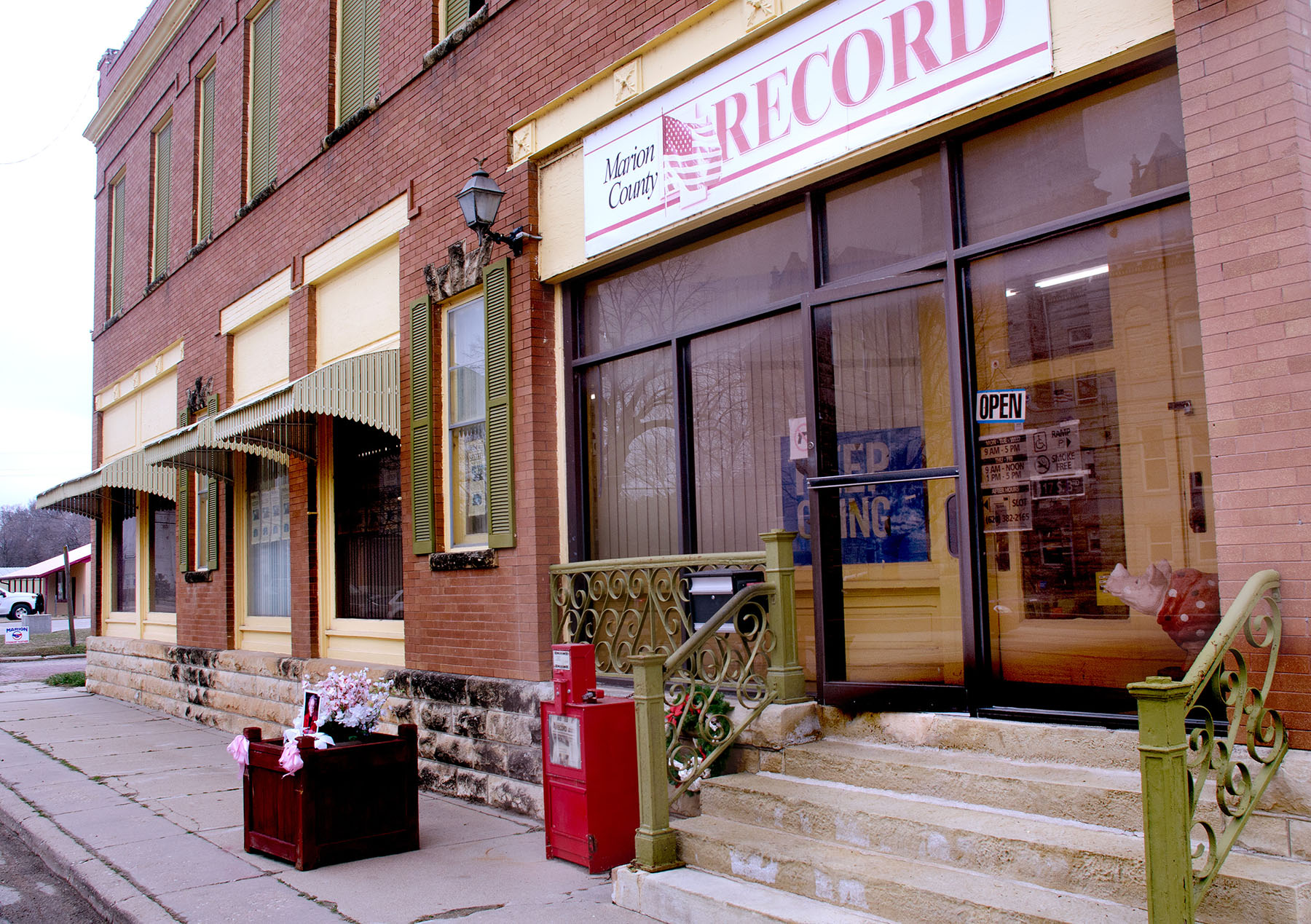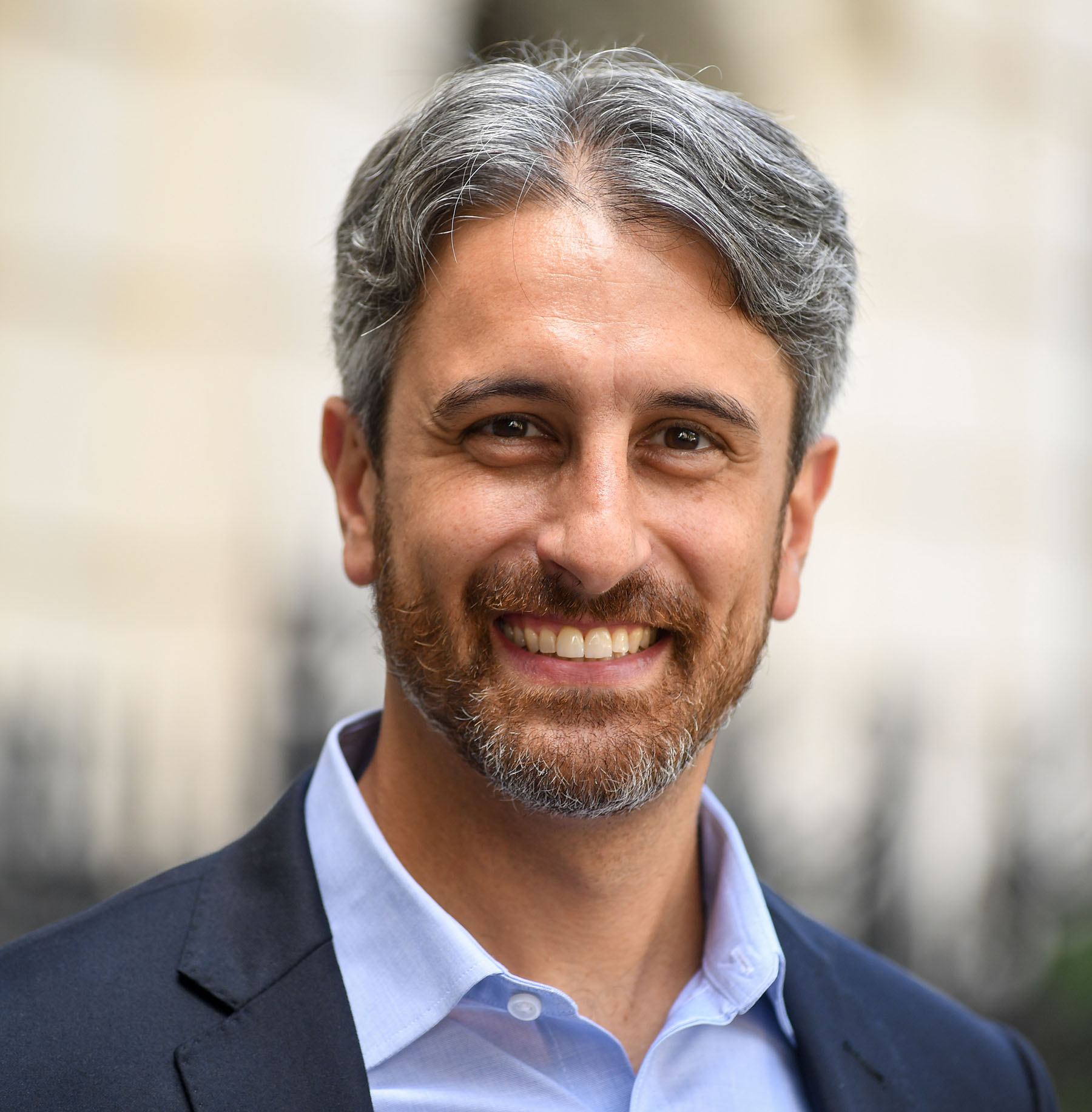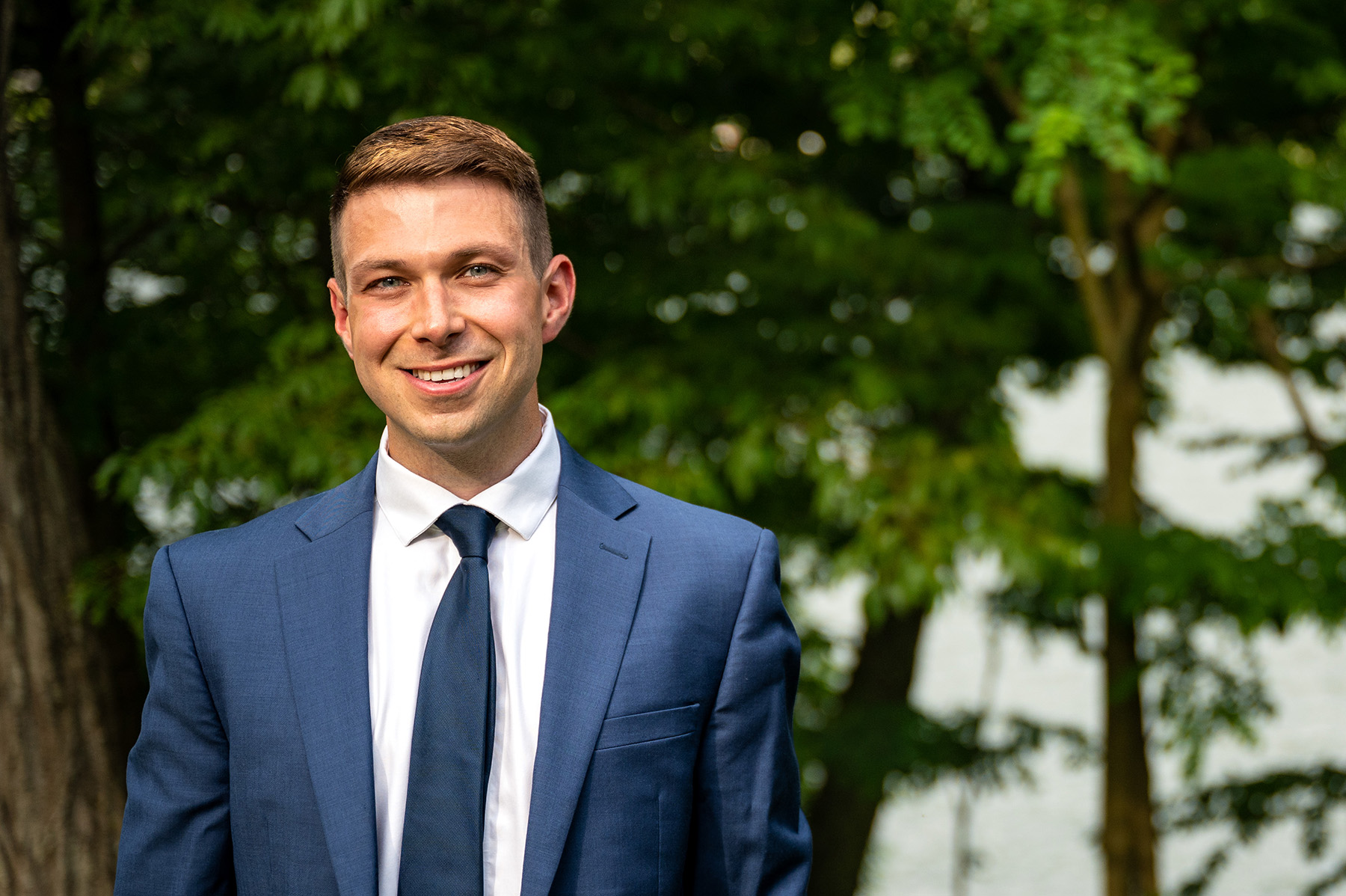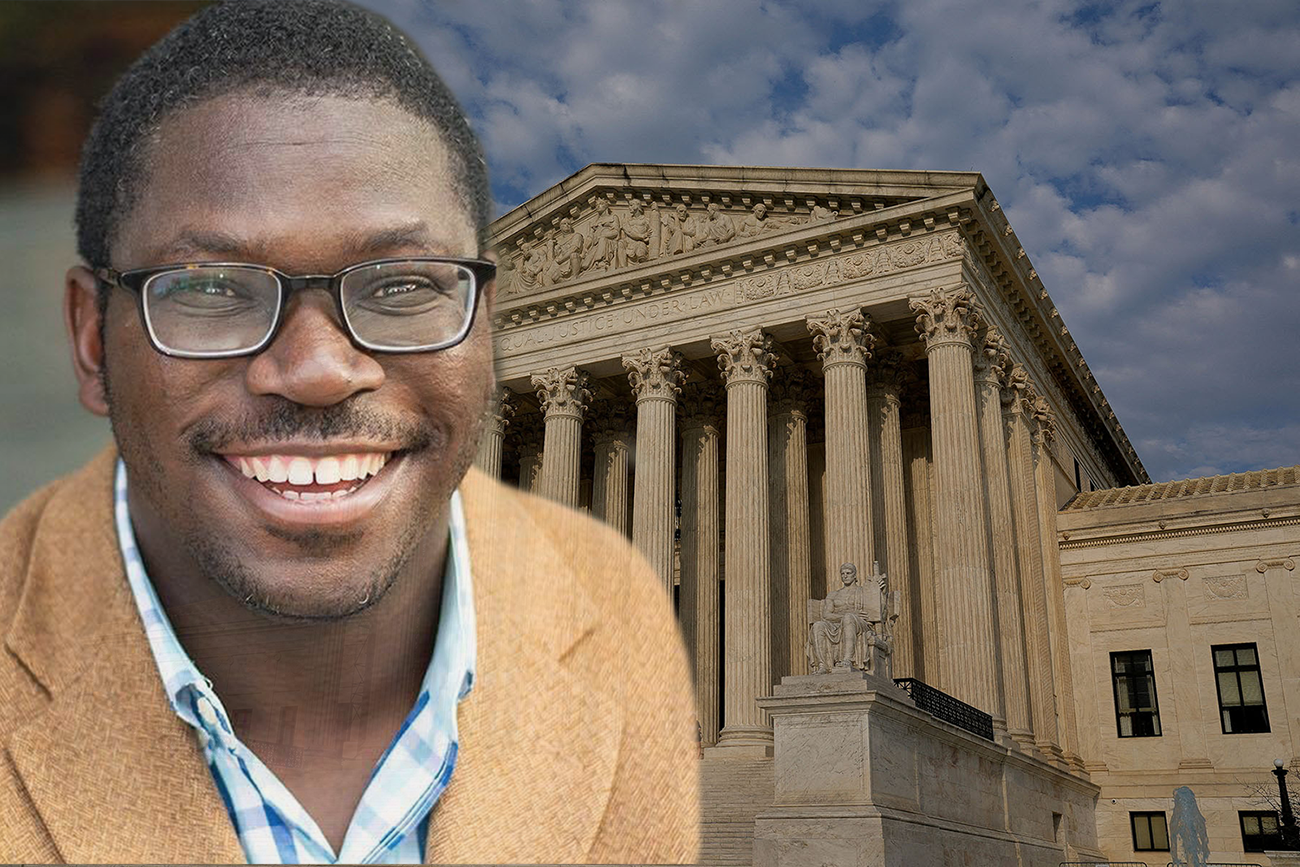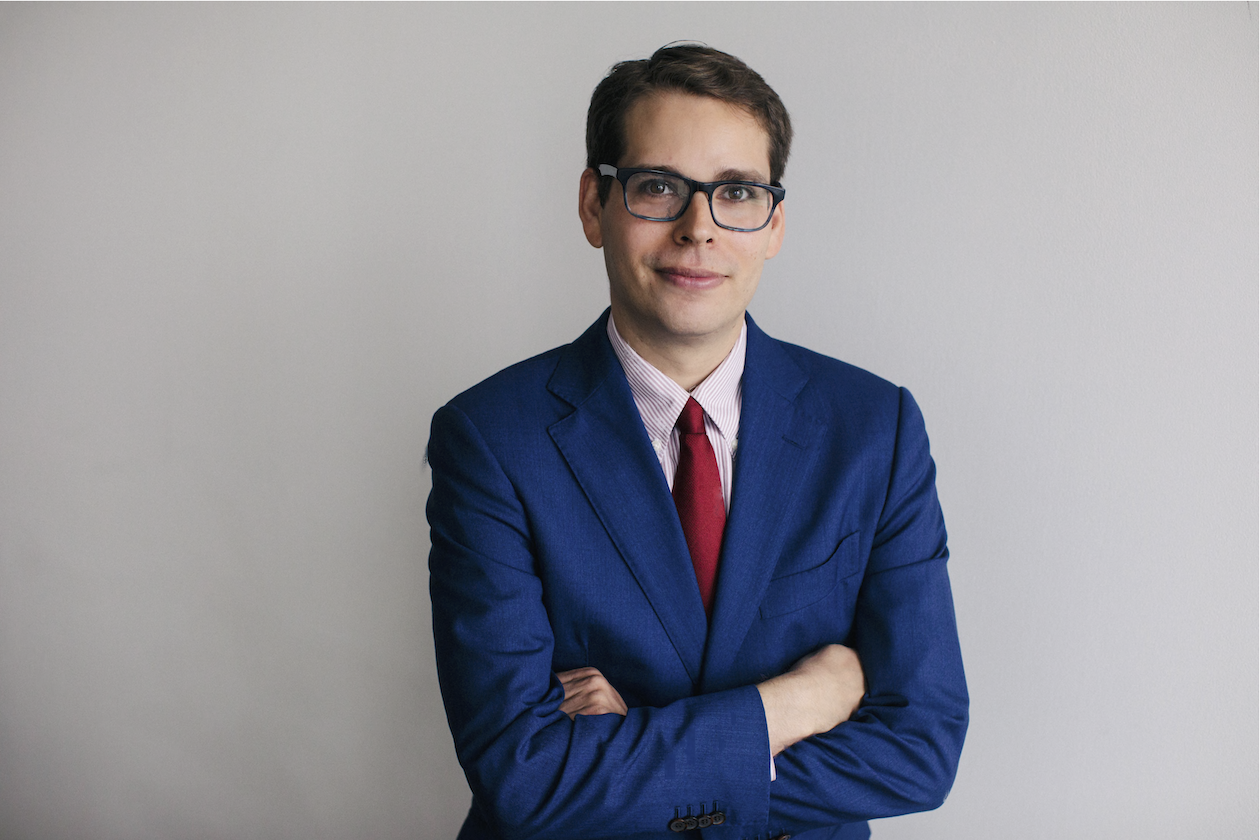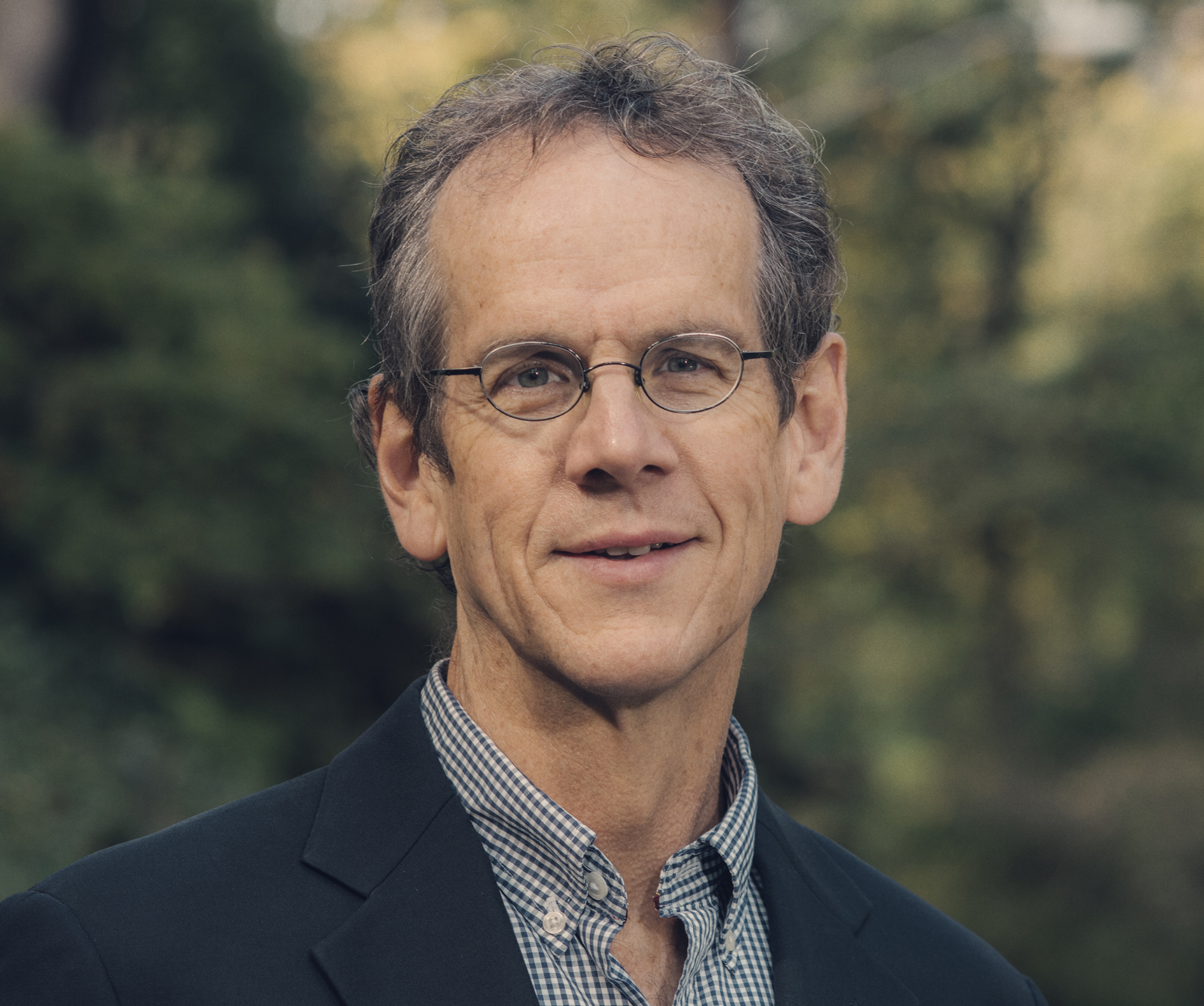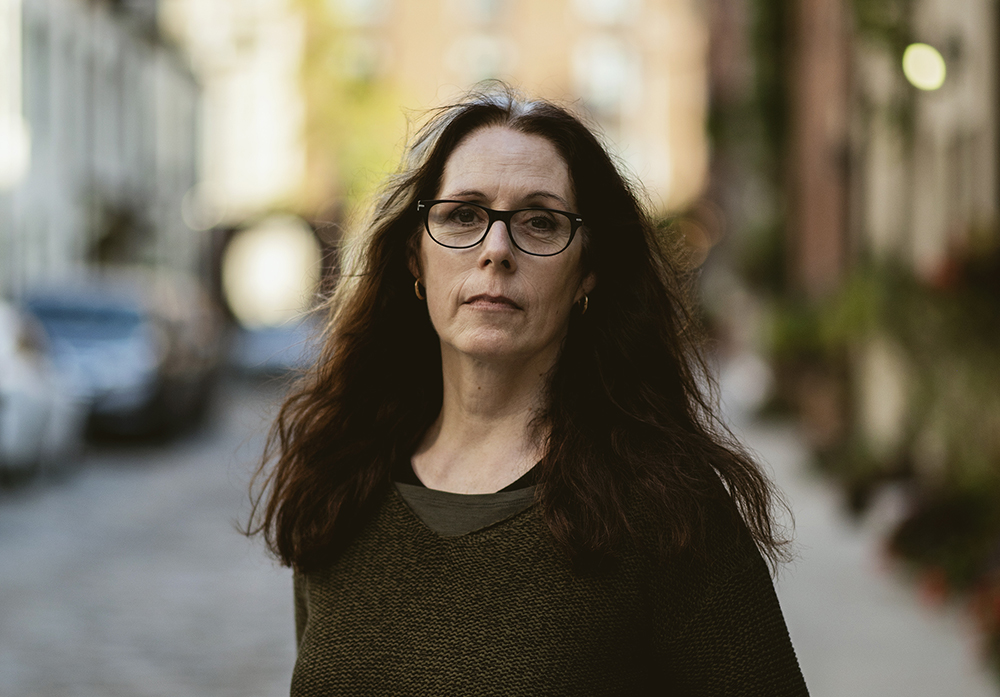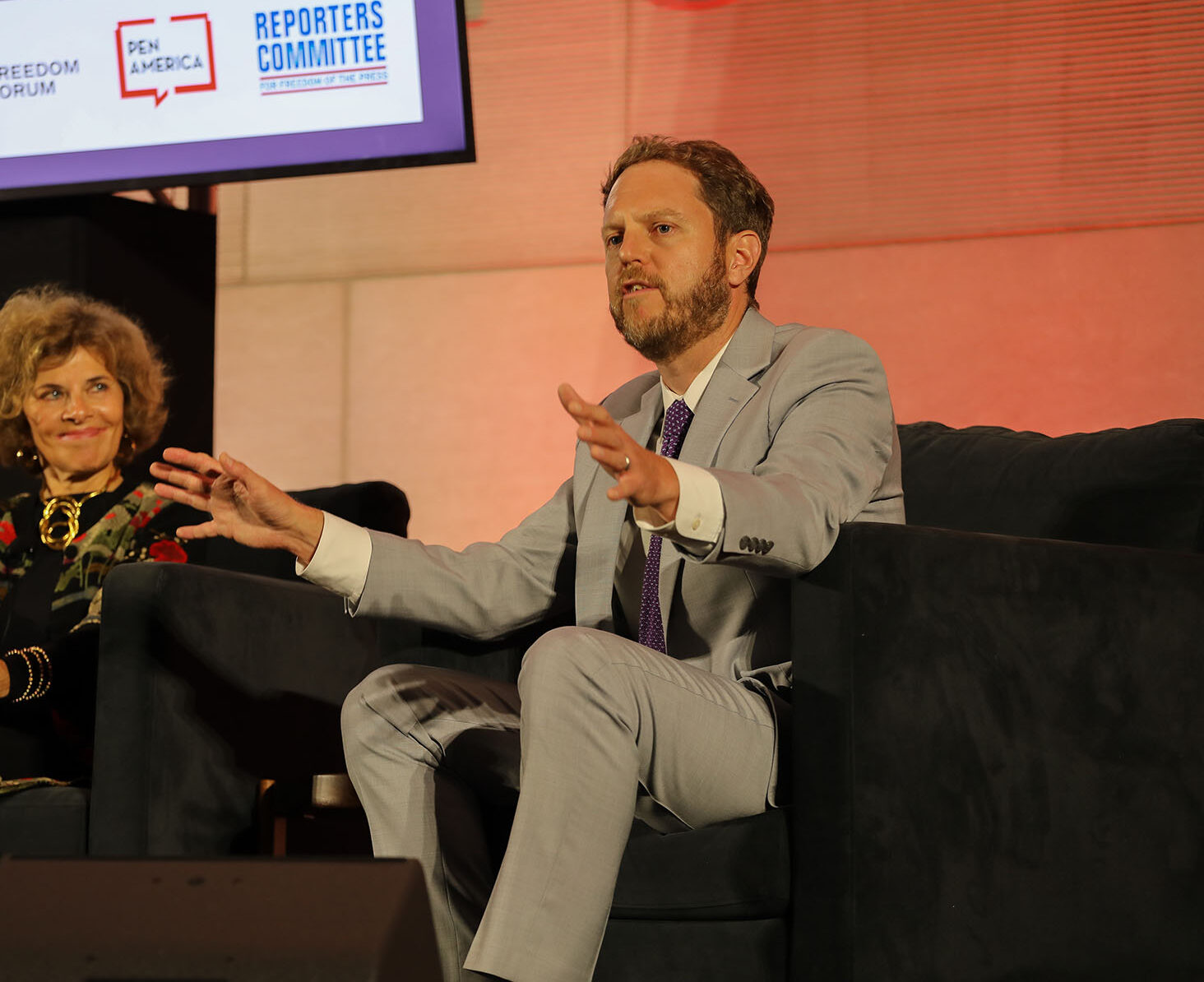Every week, First Amendment Watch publishes a thought-provoking interview with a leading First Amendment expert or newsmaker that takes you to the front lines of the most pressing issues of the day.
Interviews
Krishnan applauded Judge Young’s rebuke of the Trump administration’s actions, and explained how those actions led to an immense chilling effect on scholarly works and students’ active participation in college campus demonstrations.
Attorney Milo Schwab on a First Amendment Auditor’s Claims in Colorado
Schwab discussed the common goals of First Amendment auditors, the right to record police in Colorado, and what constitutes reasonable time, place and manner restrictions.
Media Attorney David Korzenik on South Park and First Amendment Protections for Parody
Korzenik discussed the First Amendment protections that are applied to satirical content and argued why those who criticize the president should be immune from defamation lawsuits he might file against them.
FIRE Attorney Zach Silver on the First Amendment Right to Record Police in Pennsylvania
Silver outlined the First Amendment issues in the case and discussed why qualified immunity should not apply.
Earthjustice’s Jeffrey Stein on US Department of Agriculture’s Alleged Climate Change ‘Purge’
Stein discussed the First Amendment implications of the case and the importance of the affirmative disclosure provision under FOIA.
Legal Scholar Gloria J. Browne-Marshall on Her Book ‘A Protest History of the United States’
In an interview, Browne-Marshall discussed the criminalization of protest despite First Amendment protections and why protesters need to find ways to maintain their message and influence public opinion.
FIRE’s Robert Corn-Revere on Trump’s ‘Election Interference’ Suit Against Pollster
In an interview, Corn-Revere, Selzer’s attorney, discusses the First Amendment issues in this case and outlines why filing this lawsuit under the “consumer fraud” statute is meritless.
ACLU’s Esha Bhandari on Trump’s Alleged Targeting of Pro-Palestinian Viewpoints
Bhandari expressed that all Americans, regardless of their viewpoint, should be concerned with the Trump administration’s actions and its chilling of speech.
FPF’s Seth Stern on the Controversy Around WIRED’s Reporting on DOGE
In an interview, Stern described the free speech issues that may arise from Musk’s roles as a social media platform owner and advisor to the president.
ACLU of Michigan’s Ramis Wadood on Its Lawsuit Against University of Michigan
In an interview Wadood described the university’s alleged First Amendment violations and explained how the university’s policies sweep up constitutionally protected speech.
Knight Institute’s Carrie DeCell on Trump’s Threat to ‘Deport Hamas Sympathizers’
In an interview, DeCell, senior staff attorney and legislative advisor at the Knight Institute, outlined the First Amendment implications of President Trump’s executive order.
FIRE’s Greg Greubel on a Student’s Right to Free Expression Online
Greubel explained why universities cannot police student’s protected online speech, and argued that “professionalism policies” found in university codes of conduct are often vague.
Legal Scholar Samantha Barbas on Press Freedom Under Trump
Barbas shared her expectations for a second Trump presidency regarding press freedom and explained reasons why the press could cover the administration differently.
U.S. Press Freedom Tracker’s Stephanie Sugars on Protests, Police and the Press
Sugars discussed the considerations that are made in including detainments or arrests in the Tracker and the often tumultuous relationship between police and the press.
Robbie Parker on His Book ‘A Father’s Fight: Taking on Alex Jones’
Parker discussed his book, his experience dealing with grief, and what he described as a lack of responsibility taken by social media platforms.
ACLU’s Kia Hamadanchy on the ‘Stop Terror-Financing’ Bill Targeting Non-Profits
Hamadanchy noted the possible reasons for the bill's introduction and expressed concerns over its power in the next presidential administration if enacted.
ACLU of Florida Attorney Michelle Morton on the Pro-Abortion Ad Controversy
She argued that the state’s actions restricting a pro-abortion television advertisement constituted viewpoint discrimination and unconstitutional coercion.
GW Law Professor Catherine Ross on Campus Speech and Free Expression
Ross weighs the pros and cons of institutional neutrality and stresses the importance of having well-crafted rules in place before demonstrations begin.
Two FIRE Attorneys on a Defamation Lawsuit Against an Oklahoma Historian
FIRE attorneys Greg Greubel and Sara Berinhout outline the First Amendment issues in the dispute and highlight the importance of anti-SLAPP legislation.
Former Columbia J School Dean Nicholas Lemann on Changing the Press Clause
Lemann offers suggestions on how to curb the economic decline of journalism, arguing that credentialing professional journalists may be important to its survival.
South Carolina ACLU’s Legal Director on Alleged ‘Suppression’ of Incarcerated Voices
The organization is challenging a Department of Corrections policy that it claims violates its First Amendment right to receive and publish the speech of incarcerated people.
Legal Scholar Tim Zick on the First Amendment in the Trump Era
Zick discussed the First Amendment conflicts that arose under Donald Trump and how those disputes might be reanimated if he’s reelected this November.
FIRE’s Josh Bleisch on Political Expression in Colorado’s Capitol Senate Gallery
Bleisch explained how the vagueness of a Colorado rule restricting political expression in statehouse galleries can lead to viewpoint discriminatory enforcement.
Attorney Richard Roth on the Defamation Lawsuit Over Netflix’s ‘Baby Reindeer’
In an interview, Richard Roth discussed the allegedly damaging inaccuracies in “Baby Reindeer” and argues his client is a private person.
Does the First Amendment Protect Political Deepfakes? Scholars Weigh In
Two professors discuss the difficulty of enforcing deepfake legislation aimed at regulating false political speech without running afoul of the First Amendment.
Center for Democracy and Technology’s Kate Ruane on the Kids Online Safety Act
Ruane, director of the Center for Democracy and Technology’s Free Expression Project, a nonprofit organization that has expressed its opposition to the bill, discussed KOSA and its First Amendment implications.
Eugene Volokh on Section 230, Generative AI and the First Amendment
Volokh discussed Section 230, whether generative AI outputs are protected under the First Amendment and if AI companies can be held liable for defamation.
Attorney Jess Miers on the Supreme Court Decision in Moody v. NetChoice
Miers described the decision as a positive one and agreed with the court’s comparison of content moderation by social media companies to journalistic editorial curation.
FIRE’s JT Morris on Texas Citizen Journalist Priscilla Villarreal’s Lawsuit
First Amendment Watch spoke with Morris about Villarreal’s case, its First Amendment implications, and the status of protections for citizen journalists like Villarreal.
Erwin Chemerinsky, Dean of California Berkeley School of Law, on Campus Speech
In an interview, Chemerinsky explained why the protest at his home was not protected expression but other, personal, even anti-Semitic attacks against him were protected under the First Amendment.
Author Amy Werbel on the Parallels Between the Comstock Era and Modern-Day Censorship
In an interview, Werbel expressed concerns over the threats of librarian prosecution and the importance of children’s access to reading materials.
BLM Activist DeRay Mckesson on Protecting His Right to Protest
In an interview, Mckesson discussed his nearly eight-year-long legal dispute, the protest that started it, and expressed concern over the impact of his case on the right to protest.
EFF’s Mario Trujillo on Age-Verification Laws and the First Amendment
Trujillo discussed age-verification laws, the First Amendment issues they raise, and the potential dangers of passing such legislation.
Rebecca Vincent of Reporters Without Borders on the Prosecution of Julian Assange
Vincent described the U.S. government's handling of the case against Assange as "concerning" and one that "will set a very dangerous precedent for journalism."
Attorney Mike Laux on Challenging the ‘Indoctrination’ Provision in Arkansas
In an interview, Laux said the law's effect on the AP African American Studies course in the state creates a "lesser product," which he contends is a form of viewpoint discrimination.
Could Defamation Law Combat the Spread of Political Disinformation?
Attorneys Michael Gottlieb and Meryl Governski spoke about political disinformation, the impact of social media, and the hope that large damage awards will deter future bad actors.
George Freeman on Trump’s Defamation Lawsuit Against ABC, Stephanopoulos
This suit is different from others filed by the former president against the press, Freeman said, but Trump’s reputation of making derogatory remarks about women poses legal hurdles.
Vanderbilt’s Jacob Mchangama on the First Amendment Implications of Generative AI
Mchangama discussed the First Amendment implications of generative AI and expressed concerns over government censorship of certain AI-generated content.
College Student Jack Sweeney on His Efforts to Track Taylor Swift’s Private Jet
Sweeney discussed how jet tracking works, the importance of transparency, and his hope that his projects could make this information more accessible.
Attorney Laura Handman on Defending the New York Post with the Fair Report Privilege
Handman discussed the differences between Montana and New York’s fair report privileges and the importance of being able to report on official proceedings.
Attorney Mark Rasch on the Indictment of Freelance Journalist Tim Burke
The case has raised concerns among press freedom advocates who have warned of its possible chilling effect on investigative journalism.
Kansas Newspaper Owner Eric Meyer on the Police Raid of His Newsroom
In an interview with First Amendment Watch, the Marion County Record owner and publisher spoke about the police raid on his newsroom and nationwide outrage it sparked.
The Knight Institute’s Alex Abdo on ‘Jawboning’ Social Media Case Before the Supreme Court
The Supreme Court is tasked with deciding whether the Biden administration’s efforts to curtail mis- and disinformation online violates the First Amendment.
NetChoice’s Chris Marchese on Fighting Against Social Media Restrictions
NetChoice has challenged social media censorship laws in both Florida and Texas, and has been successful in recent months in challenging the constitutionality of online minor safety laws.
CREW’s Donald Sherman on the Insurrection Clause Challenge to Trump’s Candidacy
In an interview, Sherman reflected on the Supreme Court’s oral arguments and warned of the effects on democracy if Trump is not held accountable for his actions on Jan. 6, 2021.
Attorney Joshua Matz on E. Jean Carroll’s Legal Victory Against Donald Trump
The former Elle Magazine advice columnist has been awarded a total of $88.3 million in damages in her nearly six-year defamation legal battle against former President Donald Trump.
Press Freedom Advocate Caitlin Vogus on the Importance of the PRESS Act
In an interview, Caitlin Vogus, deputy director of advocacy at Freedom of the Press Foundation, discussed the importance of the PRESS Act and its proposed protections.
ACLU’s David Cole on the Decision to Represent the NRA Before the Supreme Court
In an interview, ACLU legal director David Cole, who will argue the NRA’s case in front of the Supreme Court, discussed protecting free speech rights despite disagreement.
Best-Selling Author Laurie Halse Anderson on Challenging Iowa’s Controversial Book Ban
The new Iowa law, which was temporarily blocked in December, sought to ban books containing sexual content in public school libraries and classrooms through sixth grade.
FIRE’s Will Creeley on Campus Speech Controversies Amid Israel-Hamas War
In an interview in January, FIRE's legal director Will Creeley discussed the First Amendment questions surrounding recent campus controversies.
